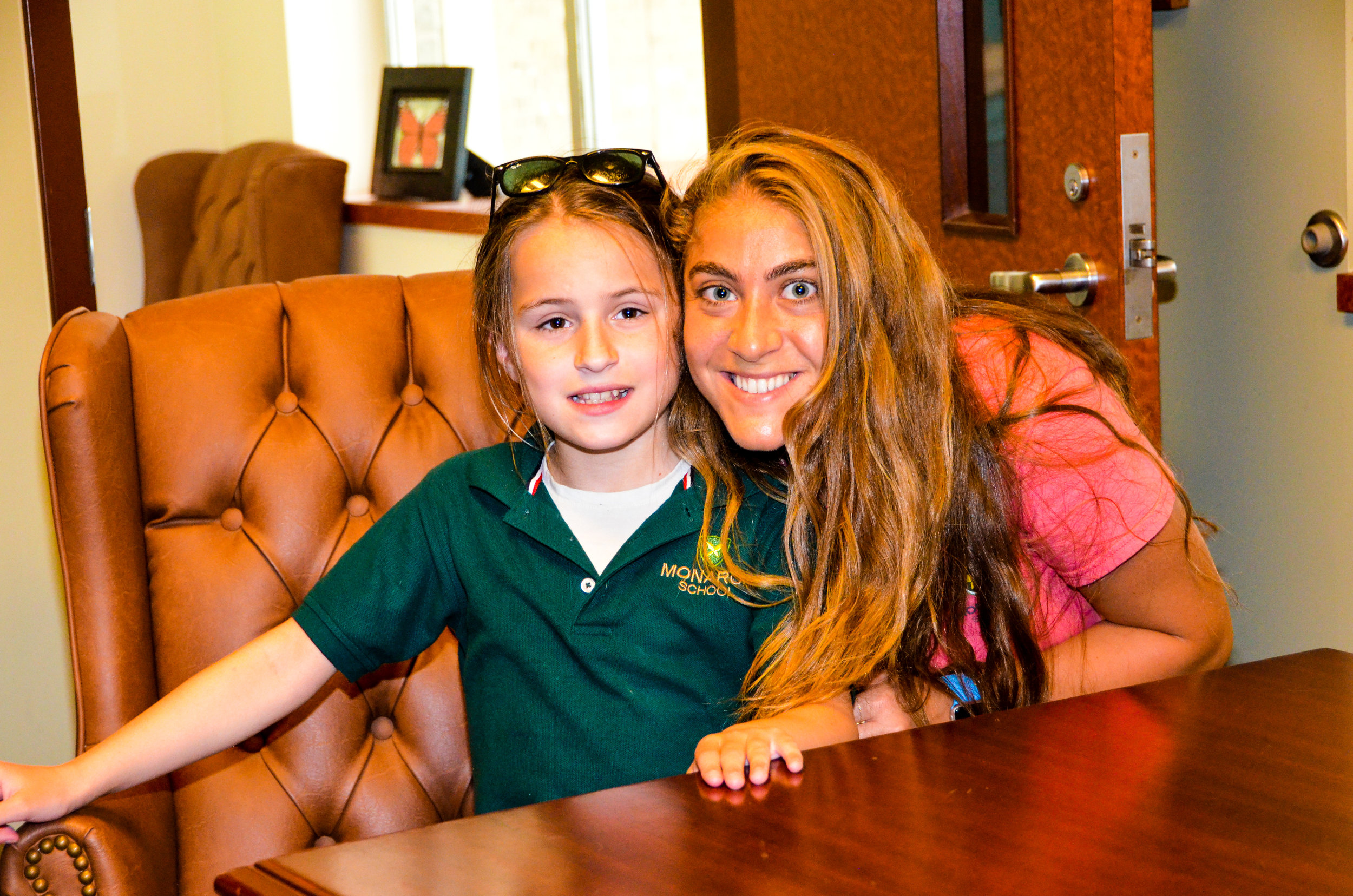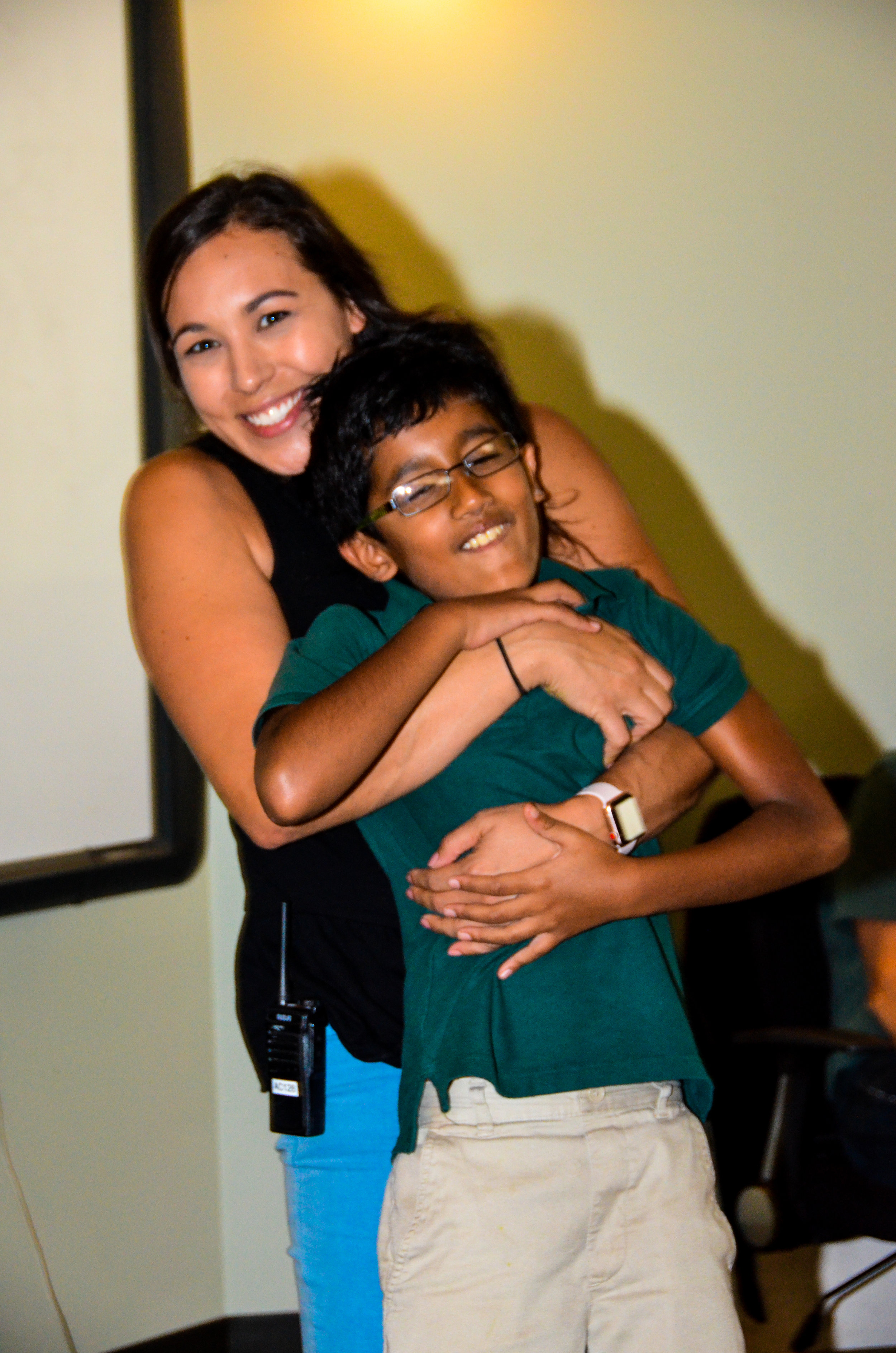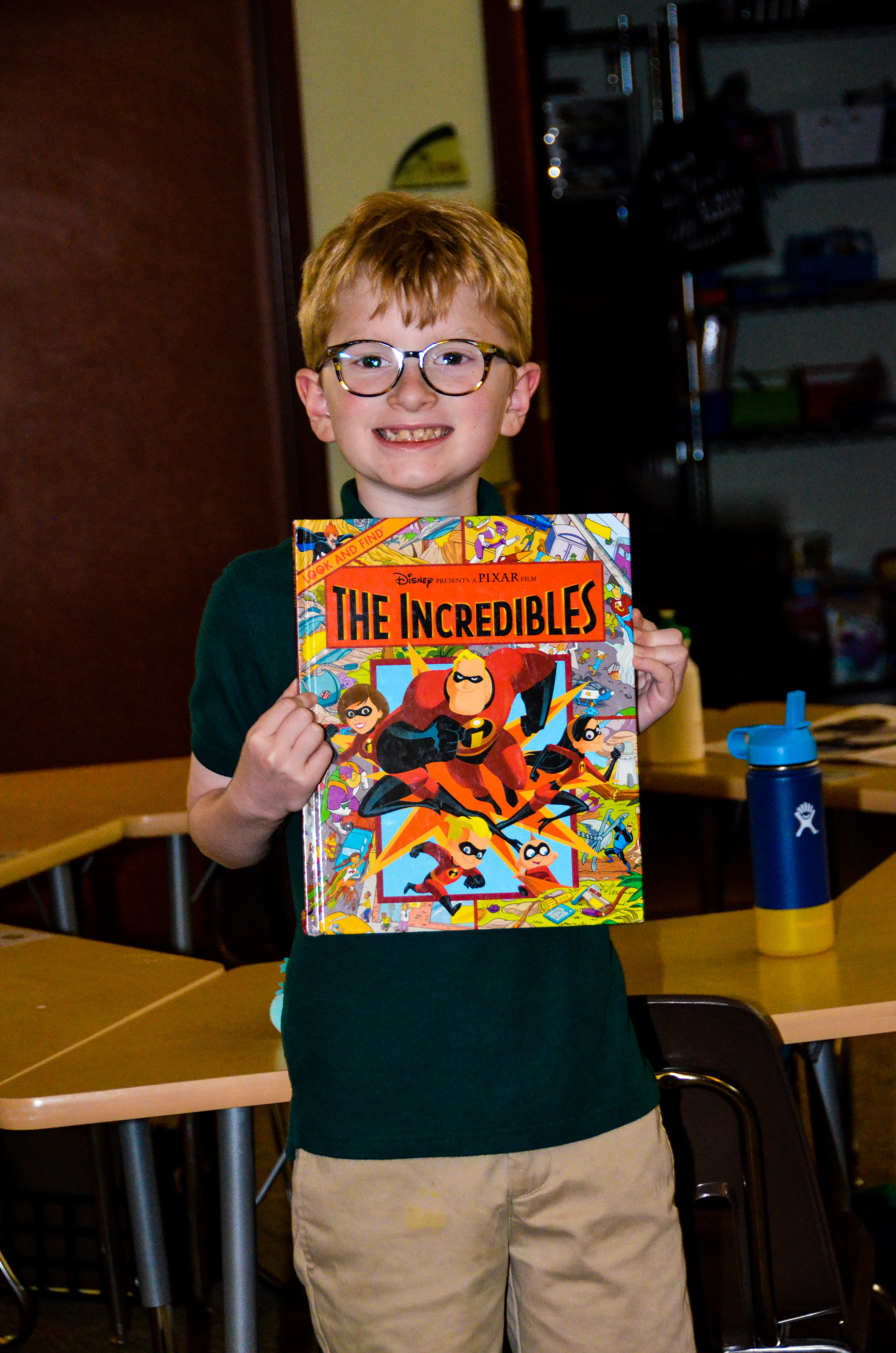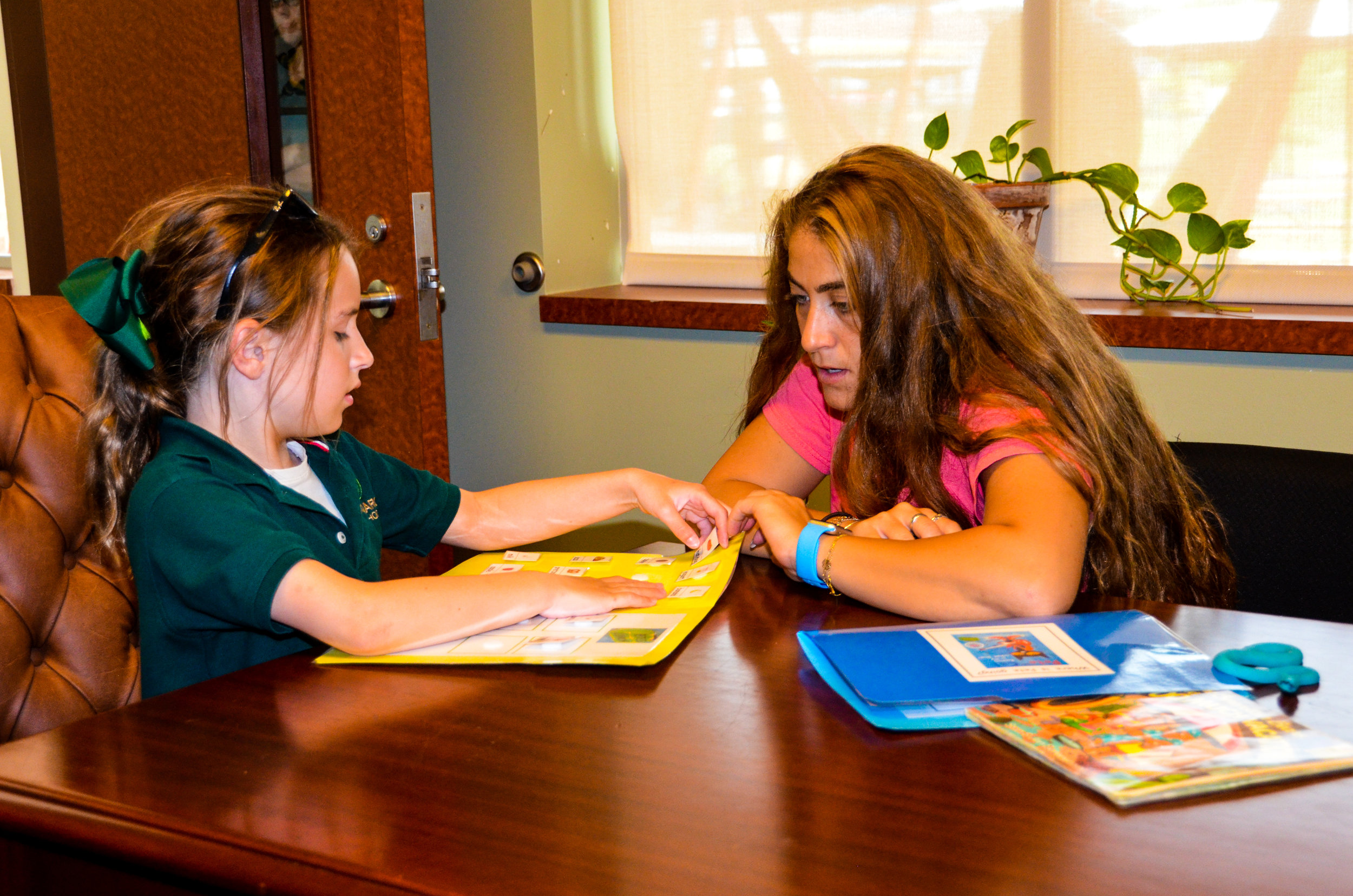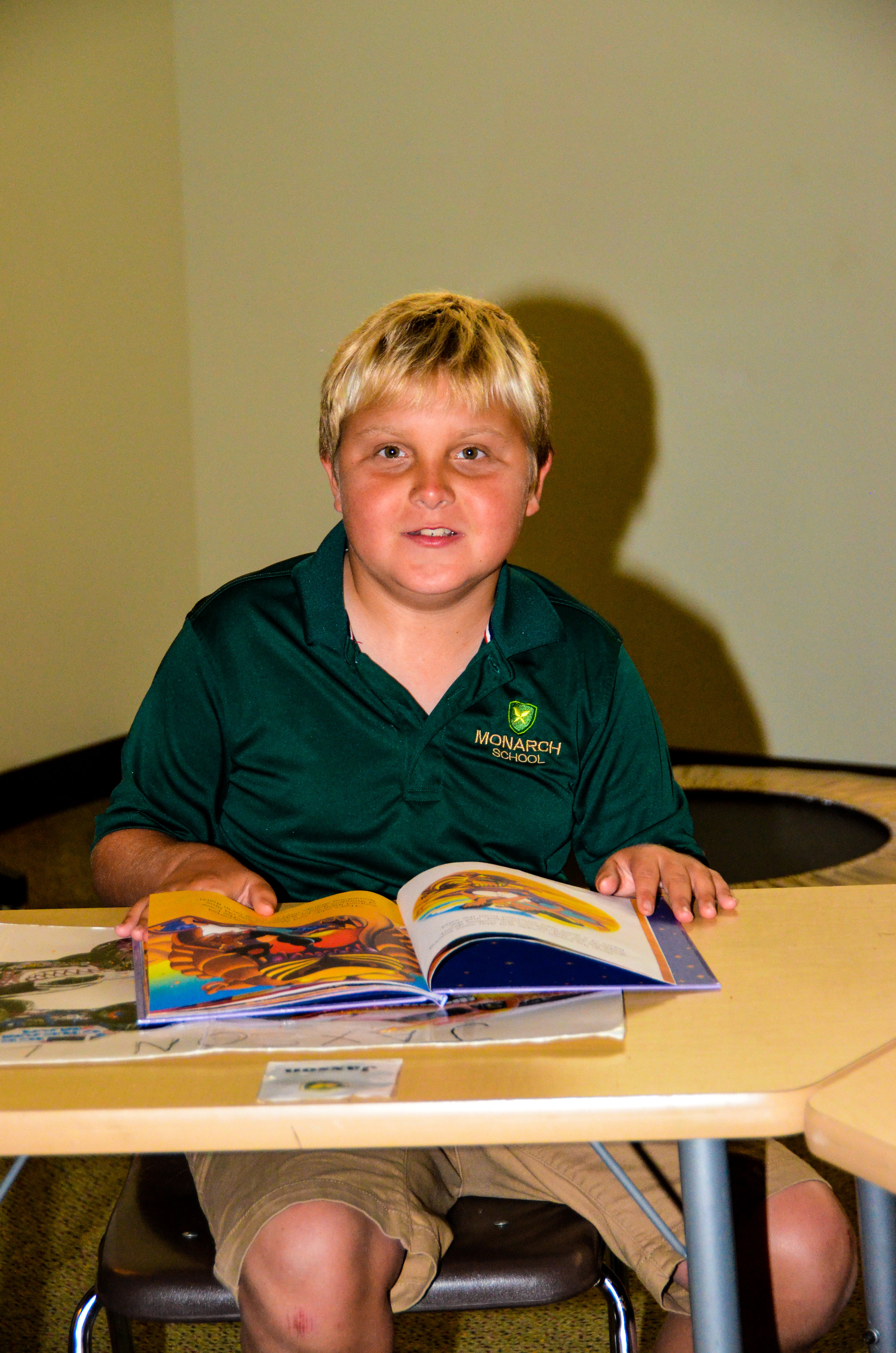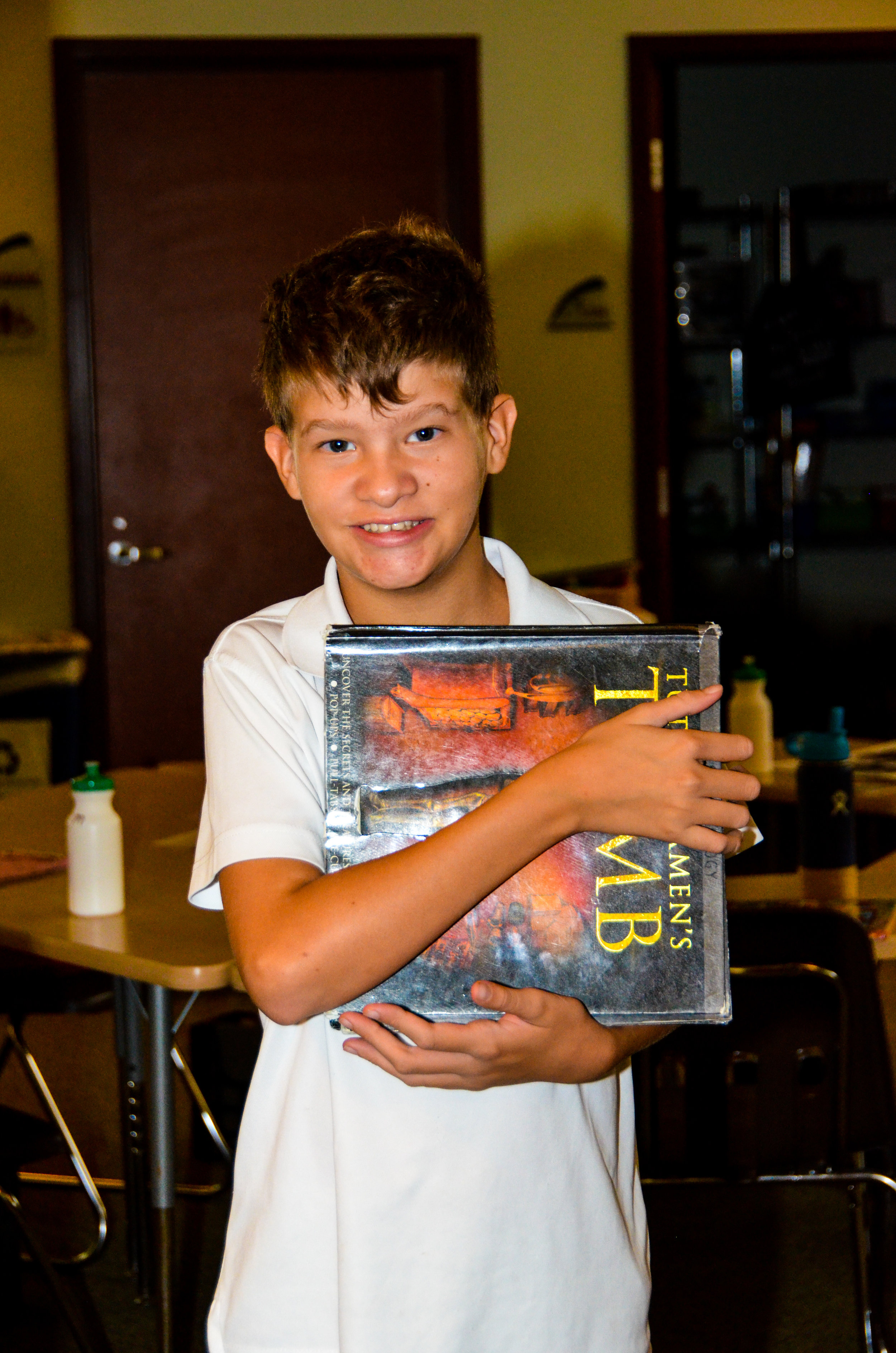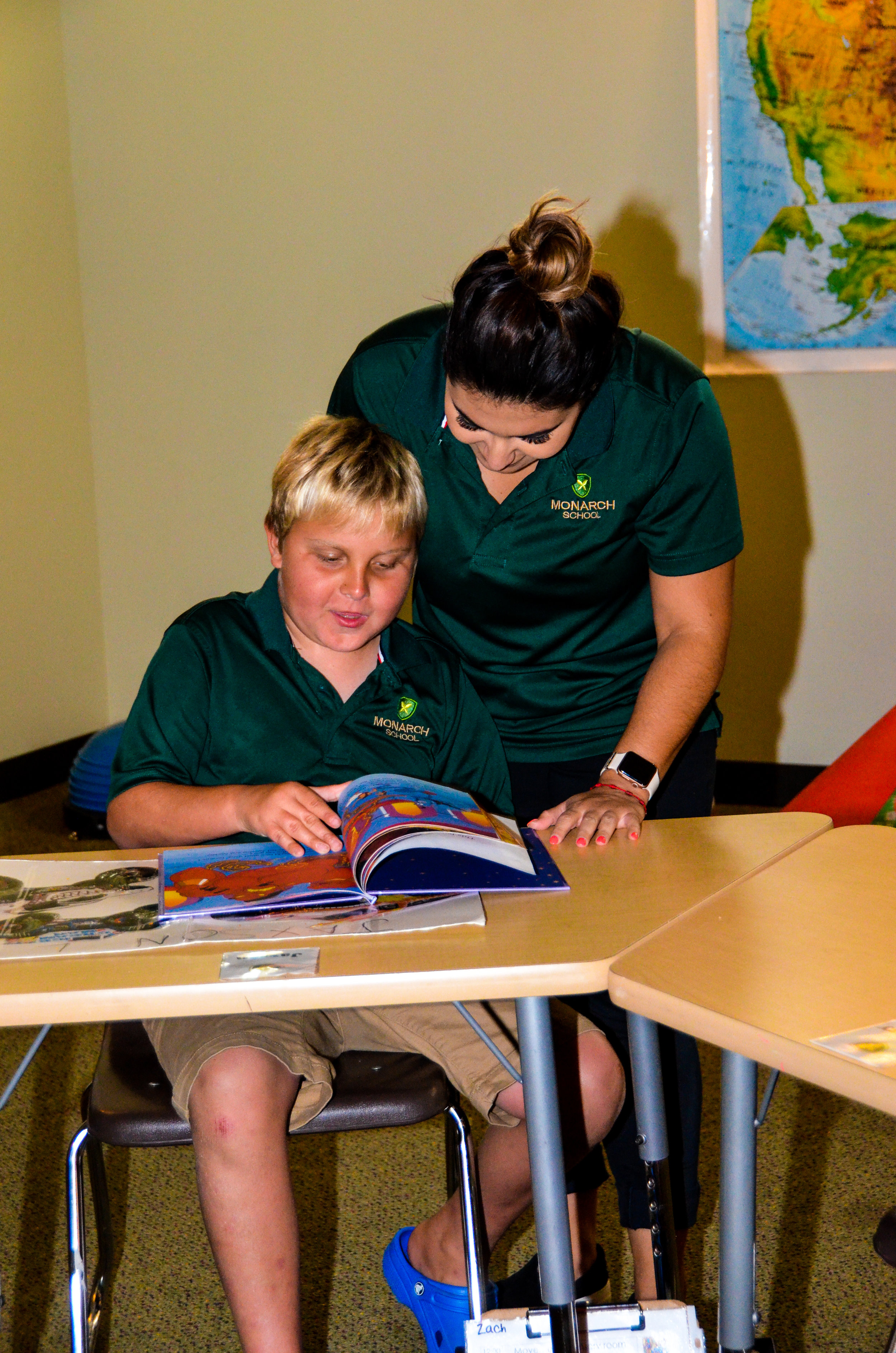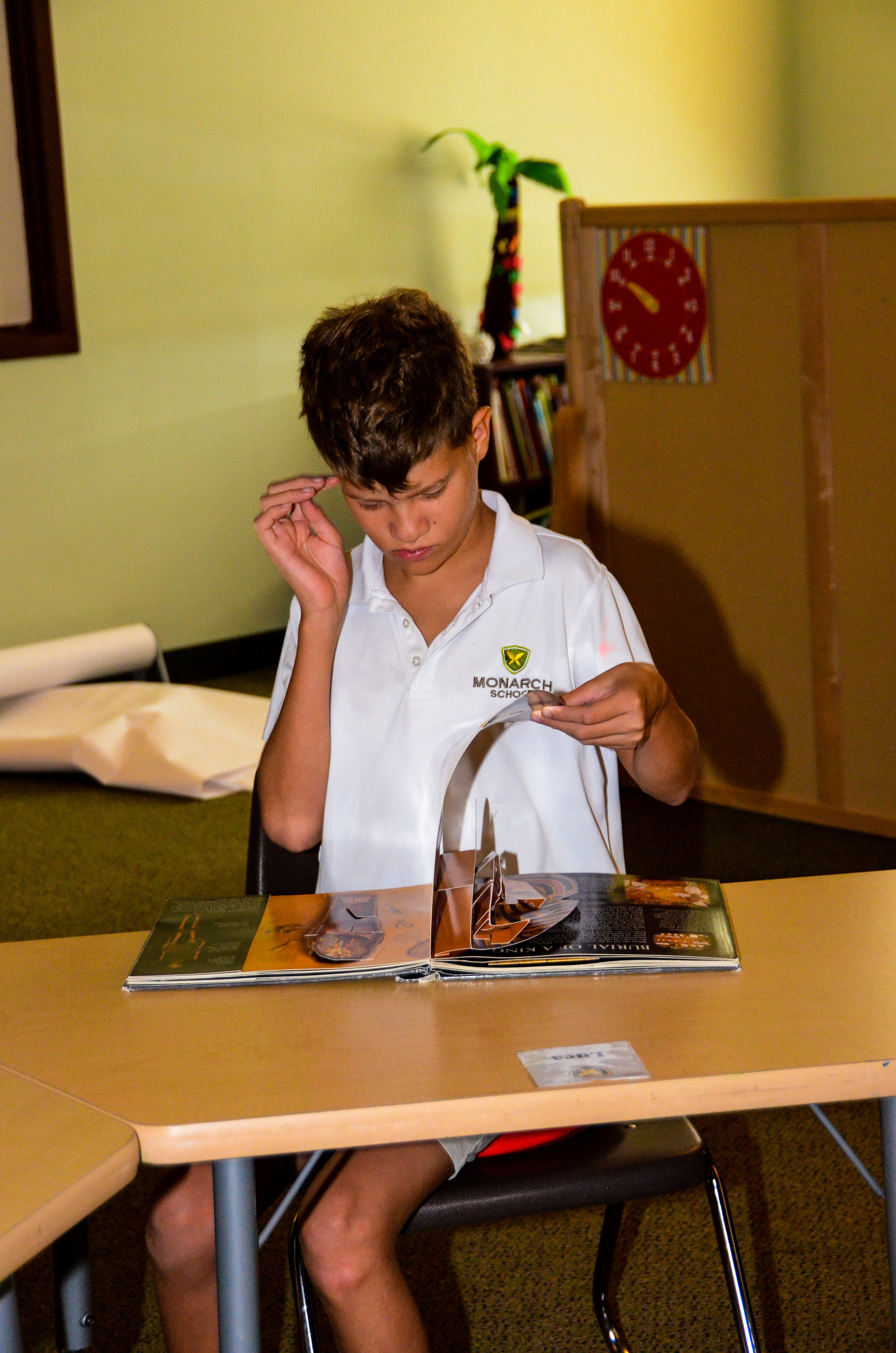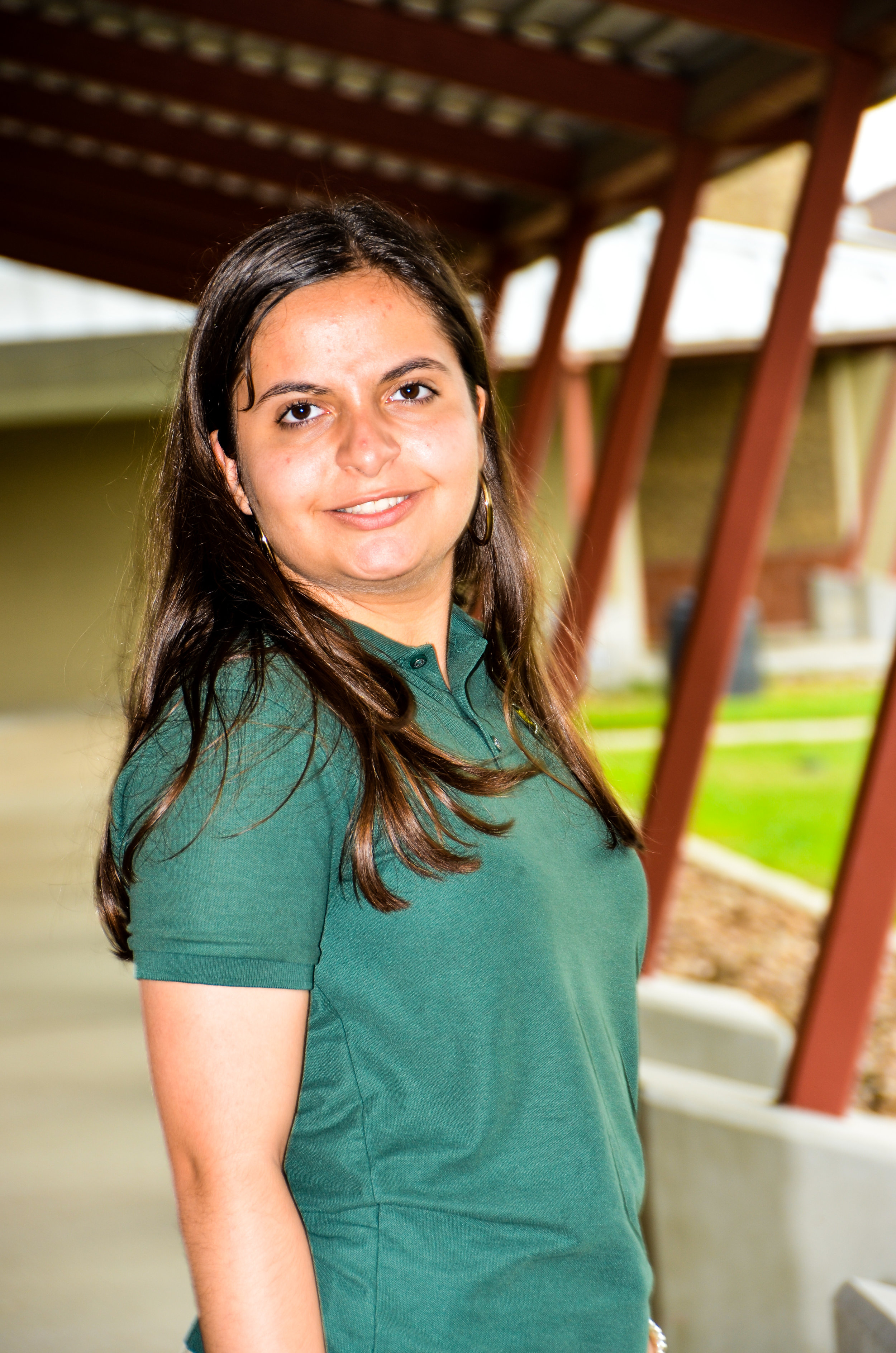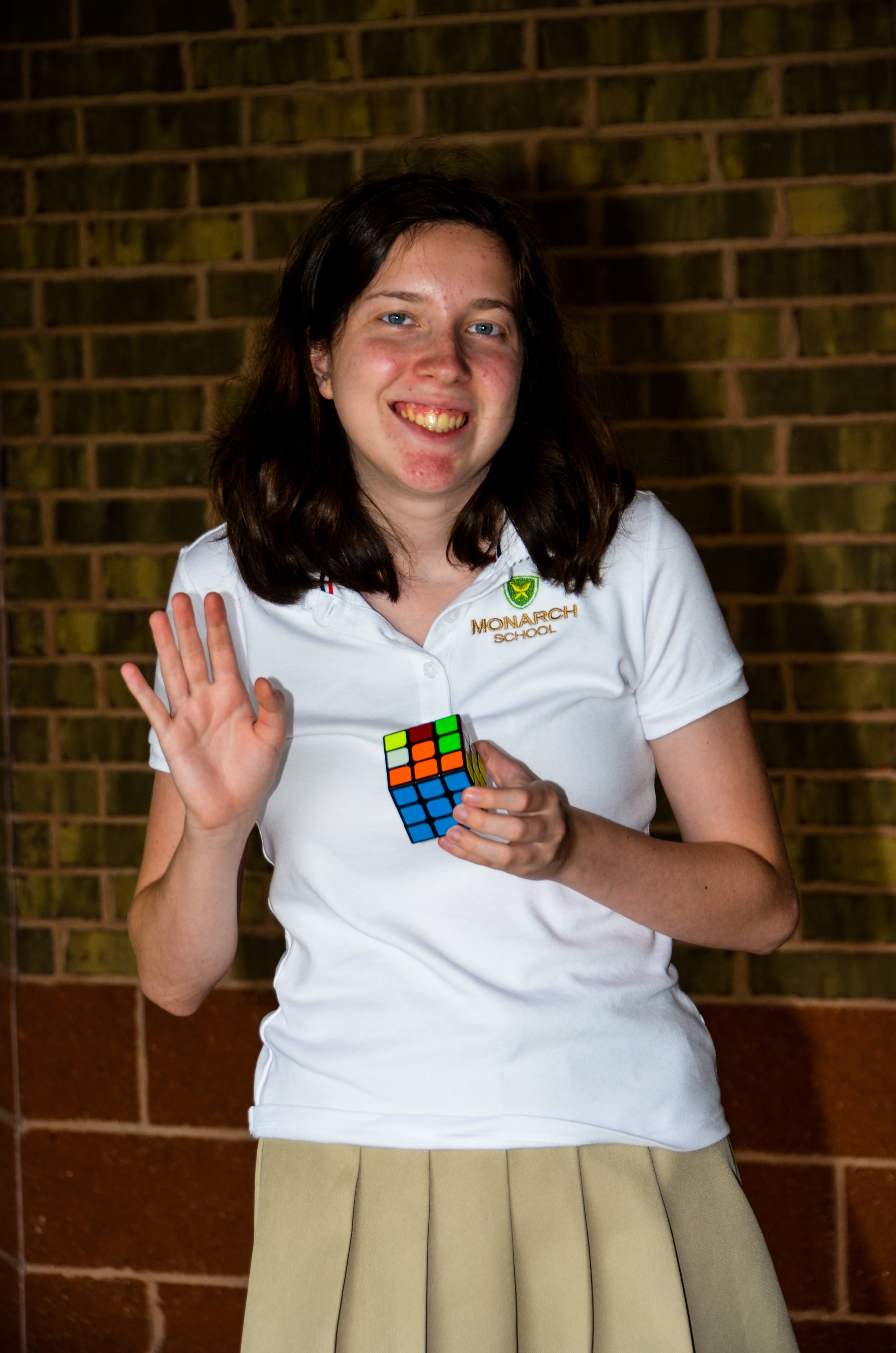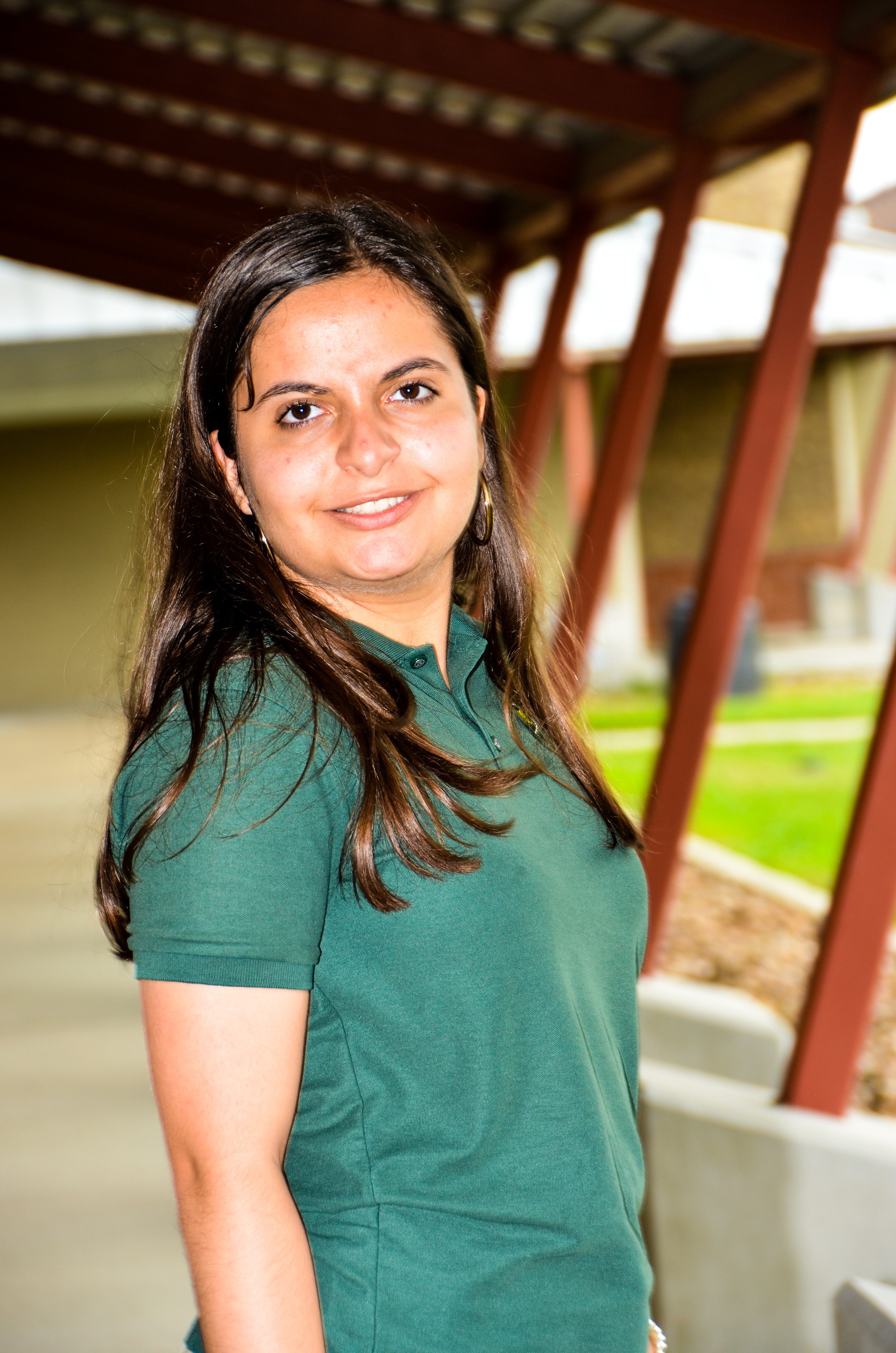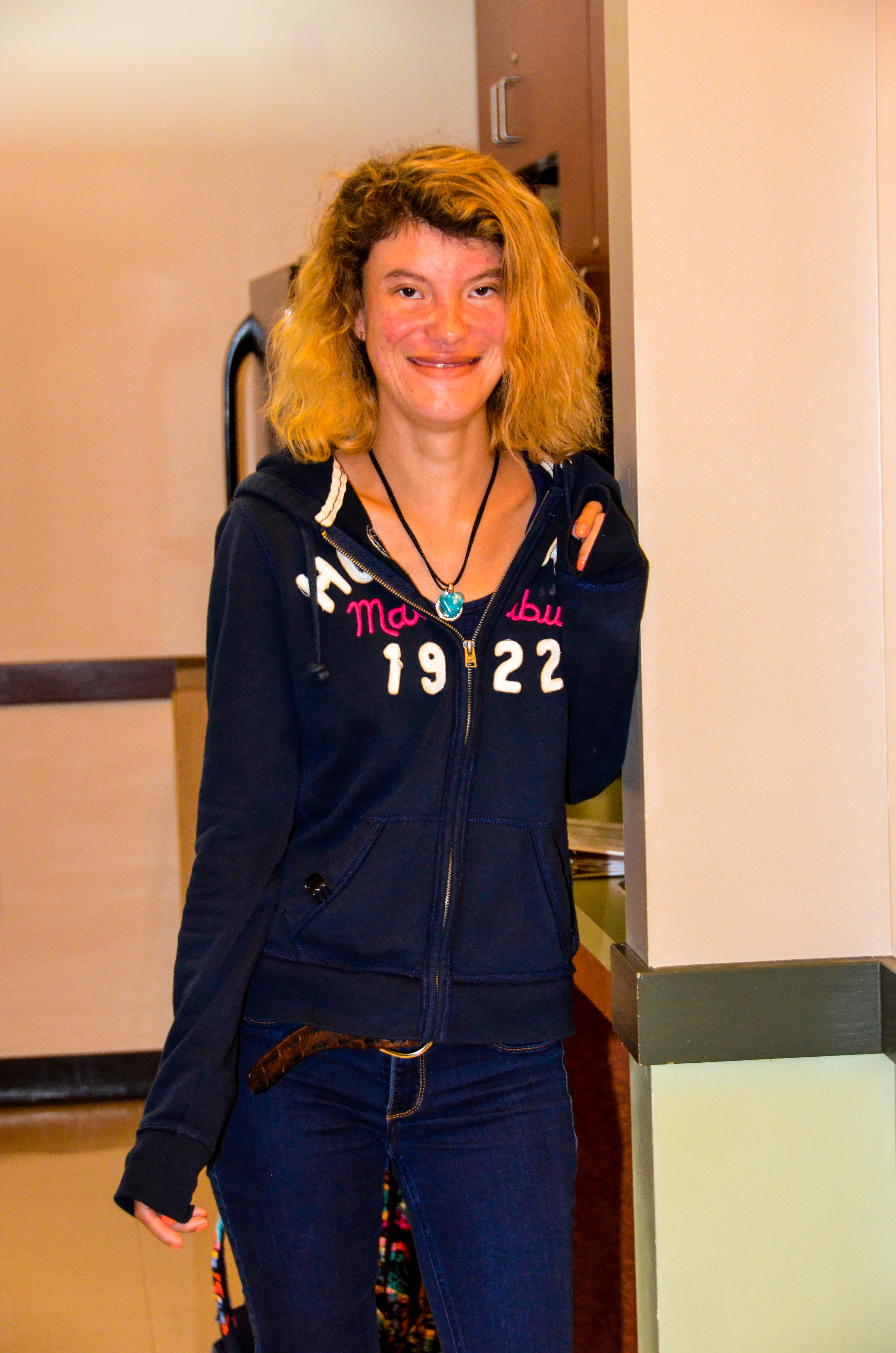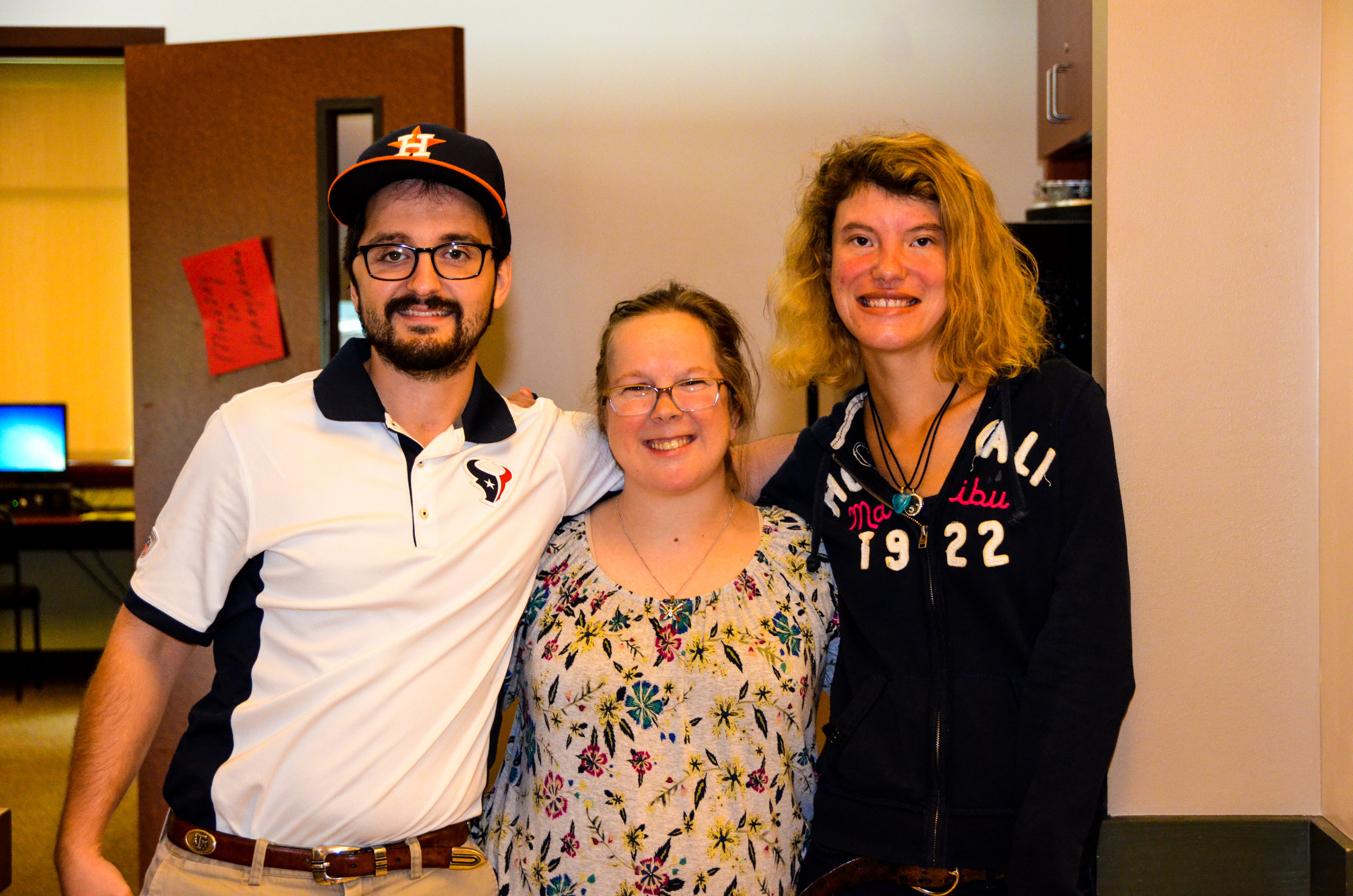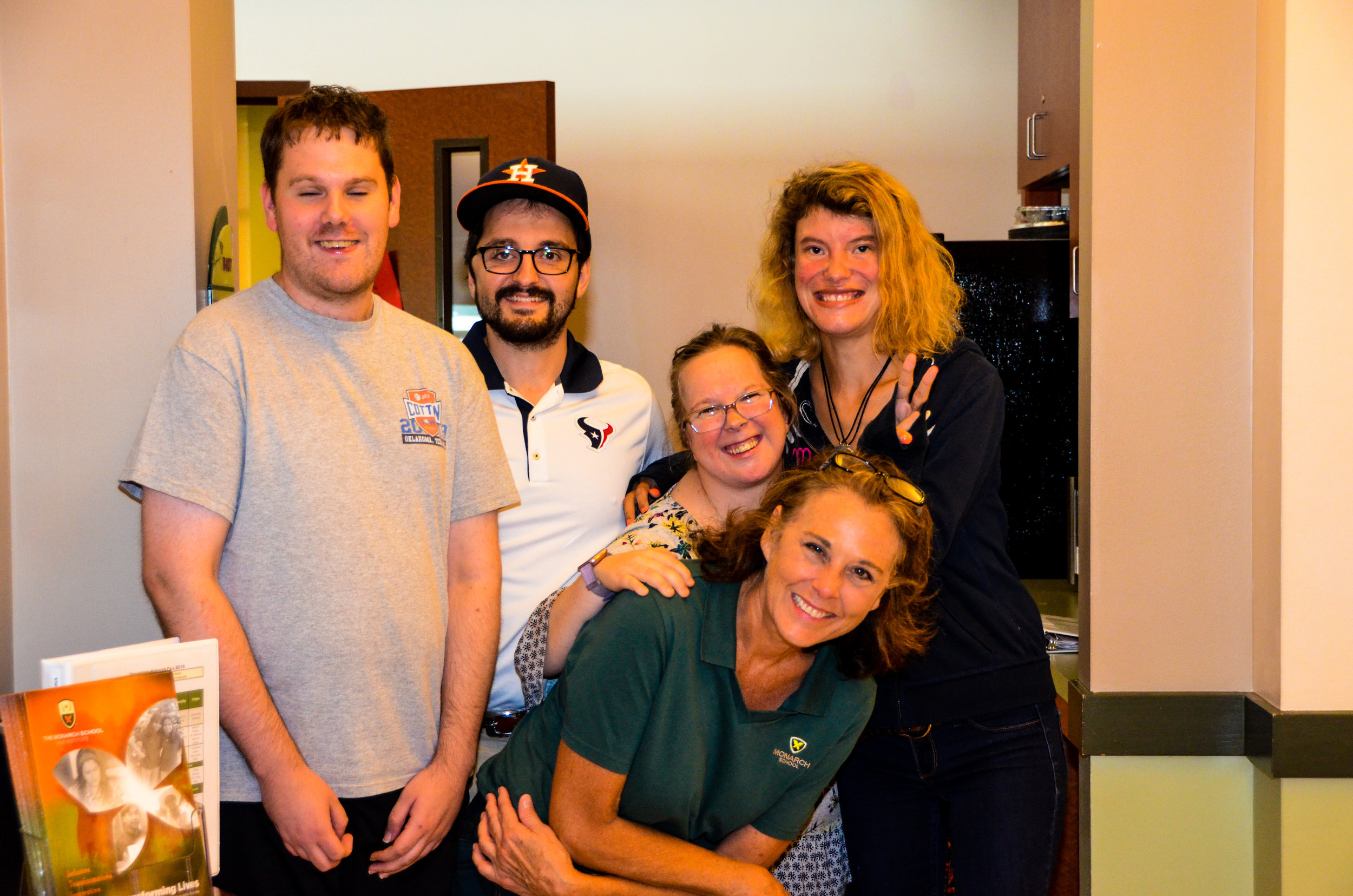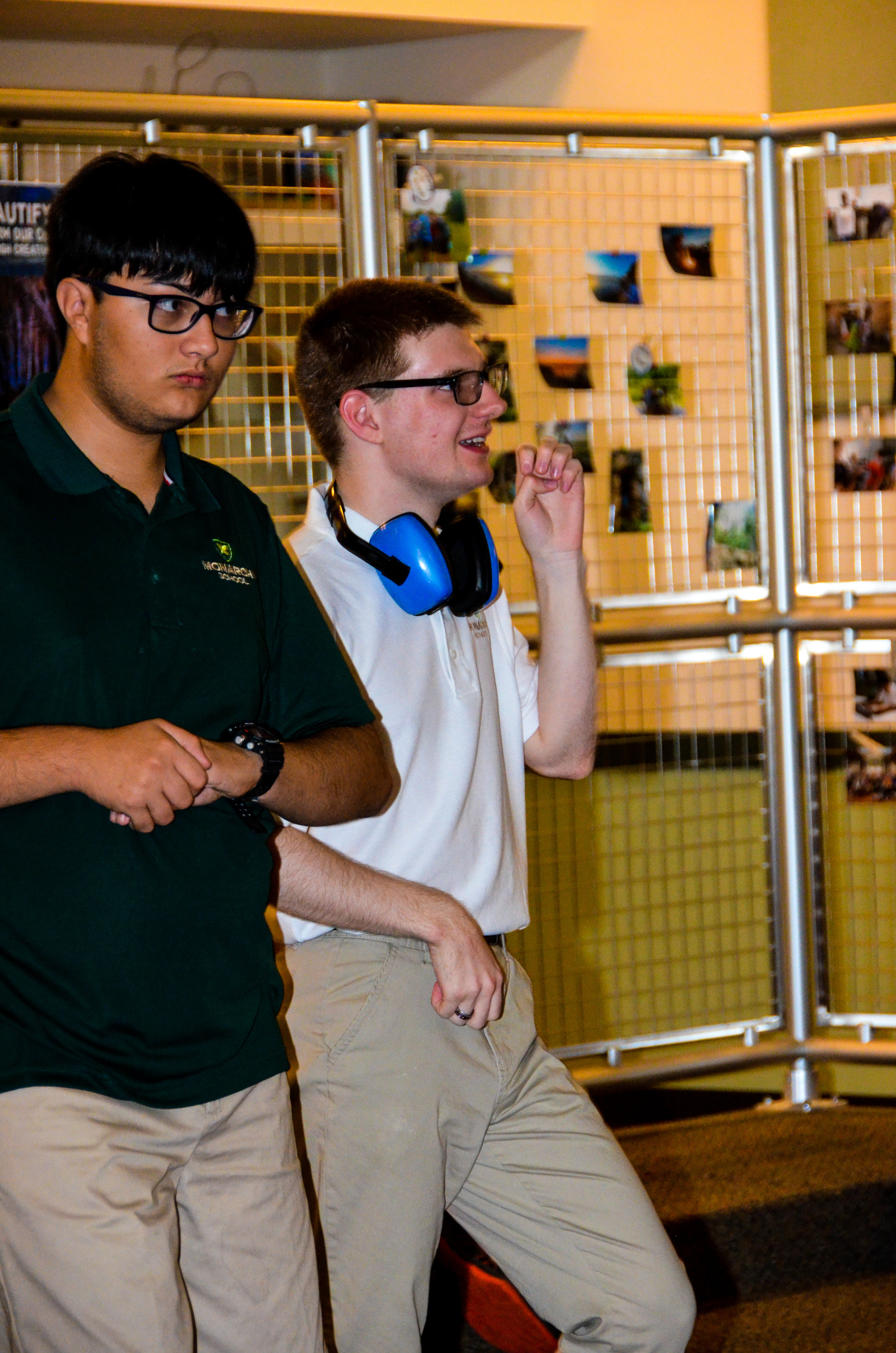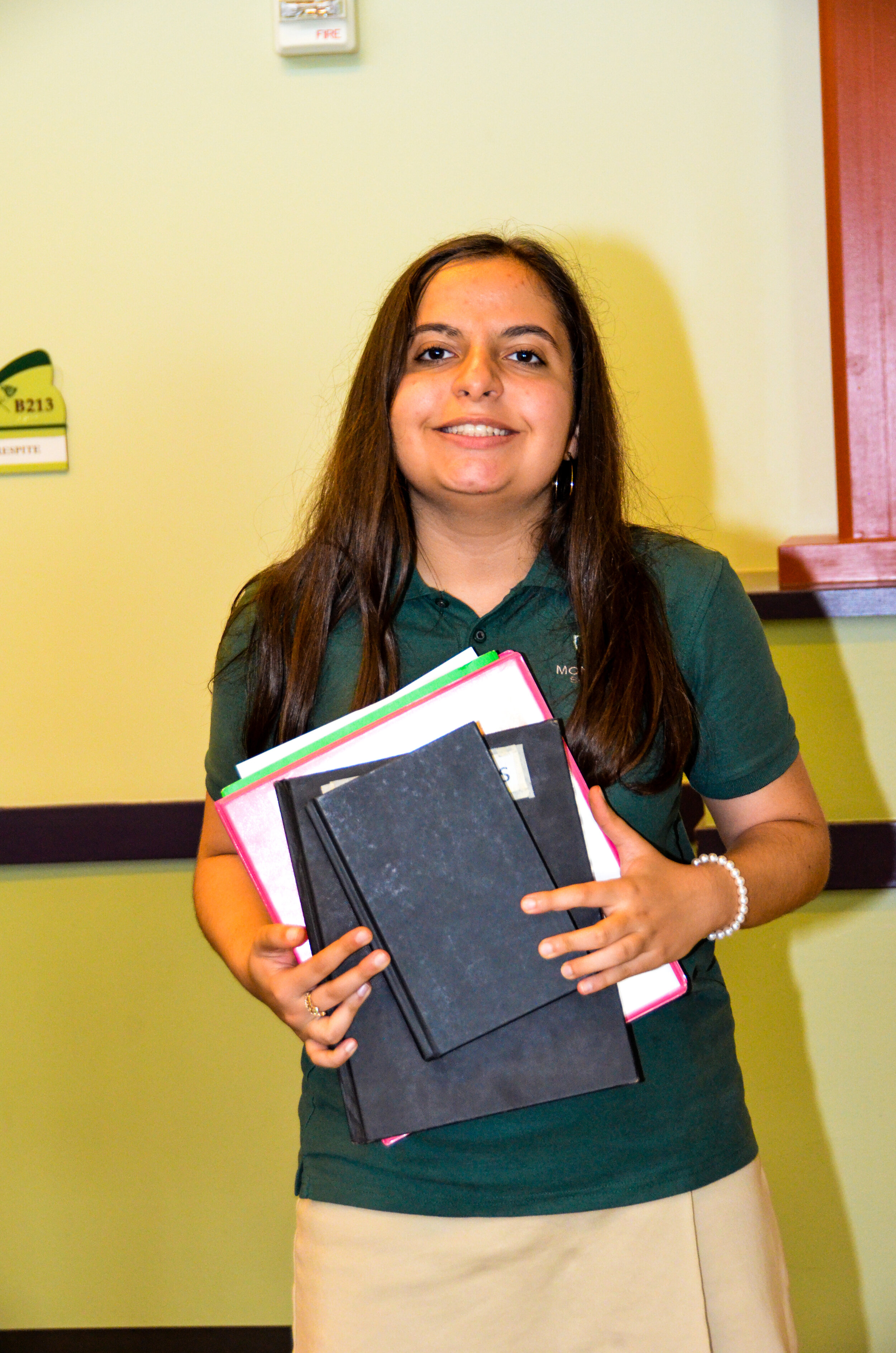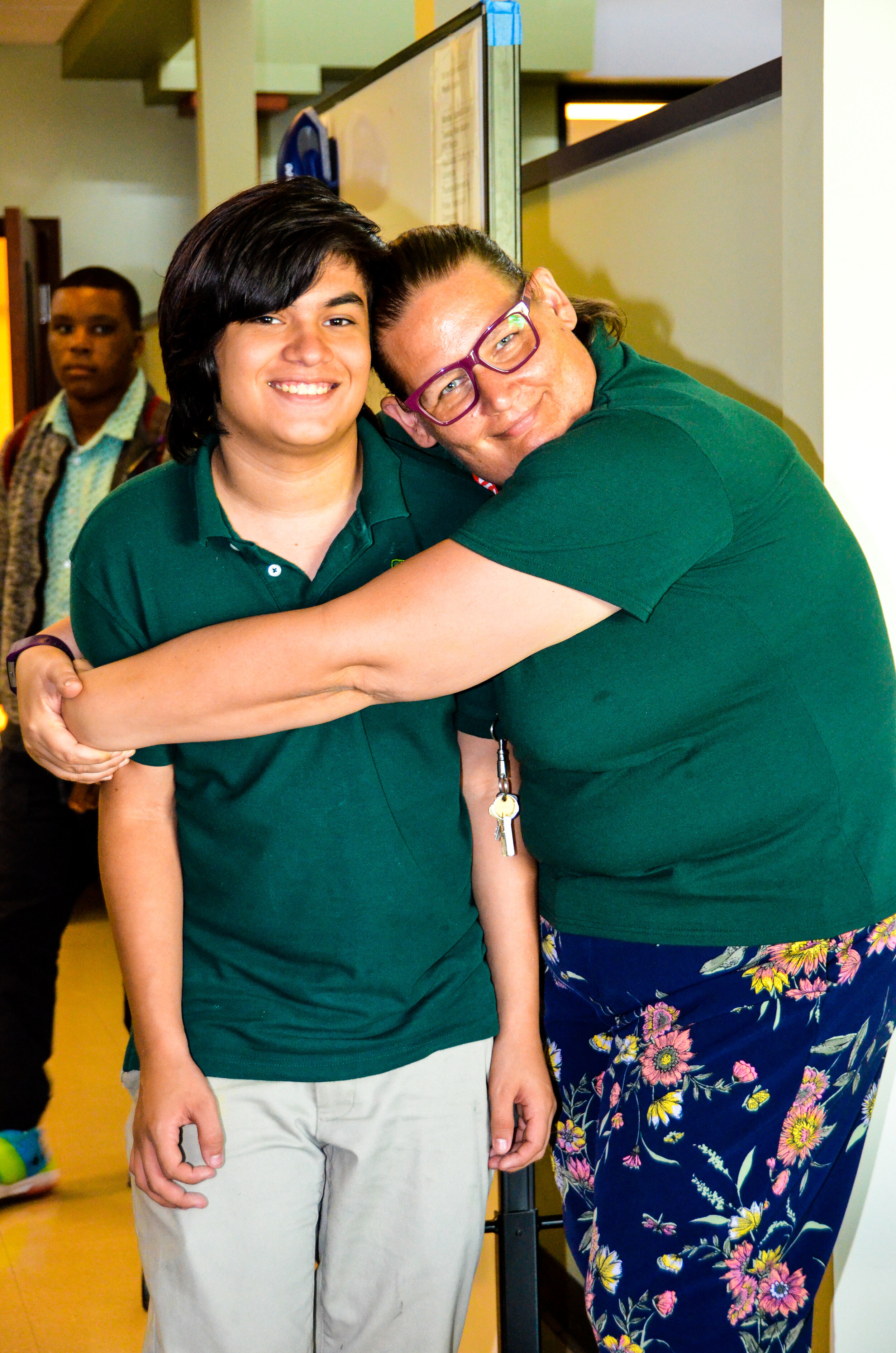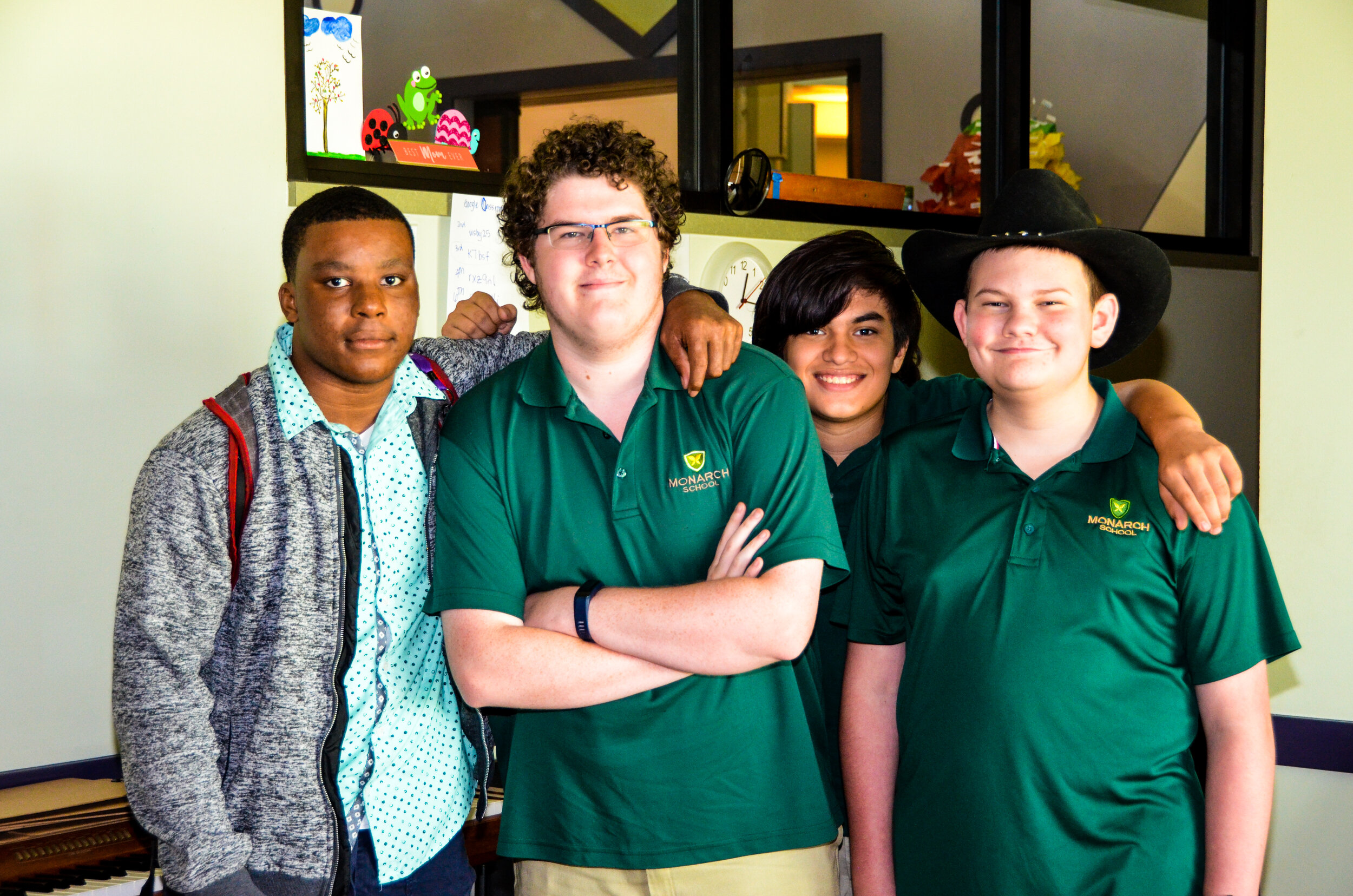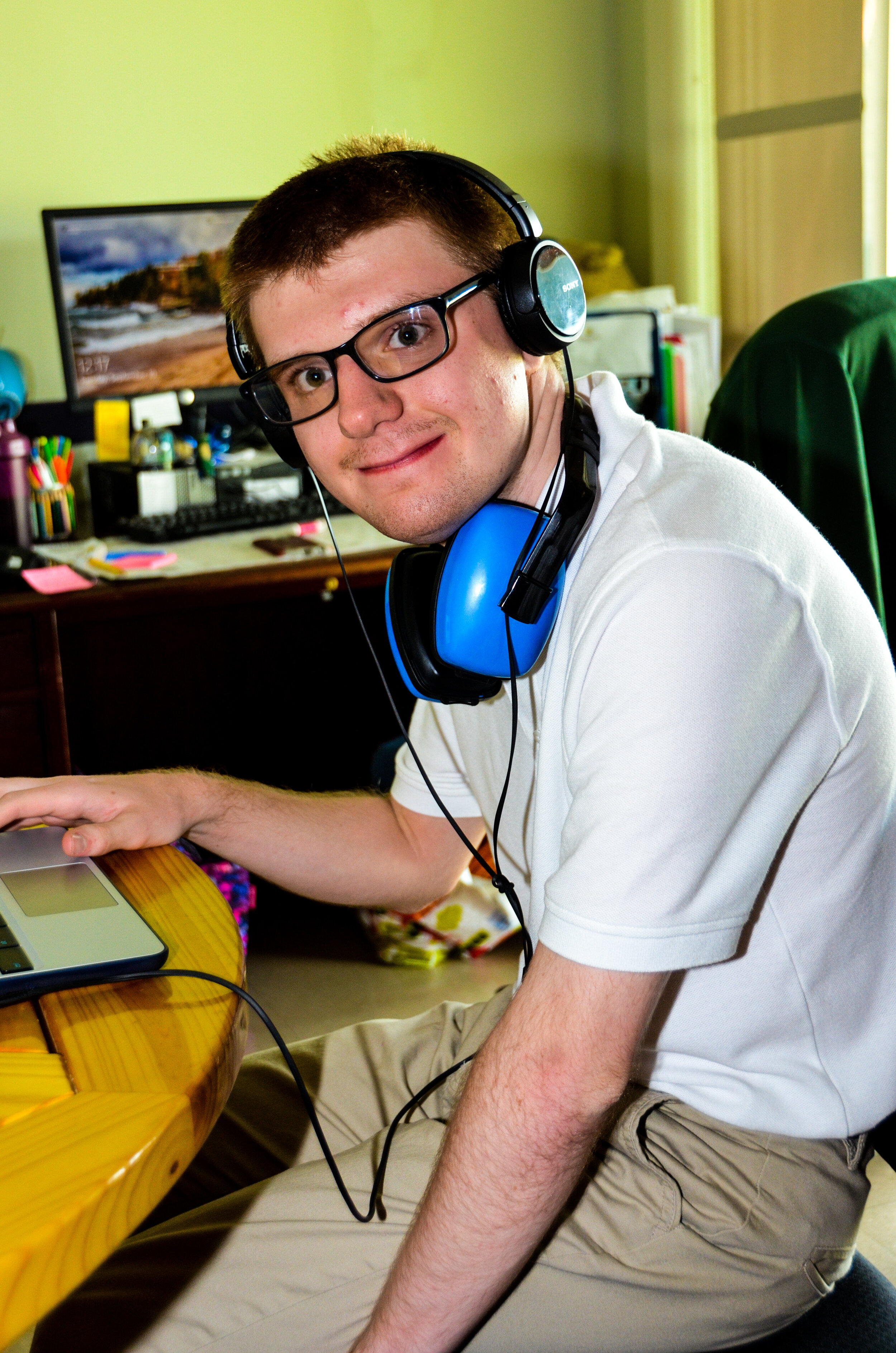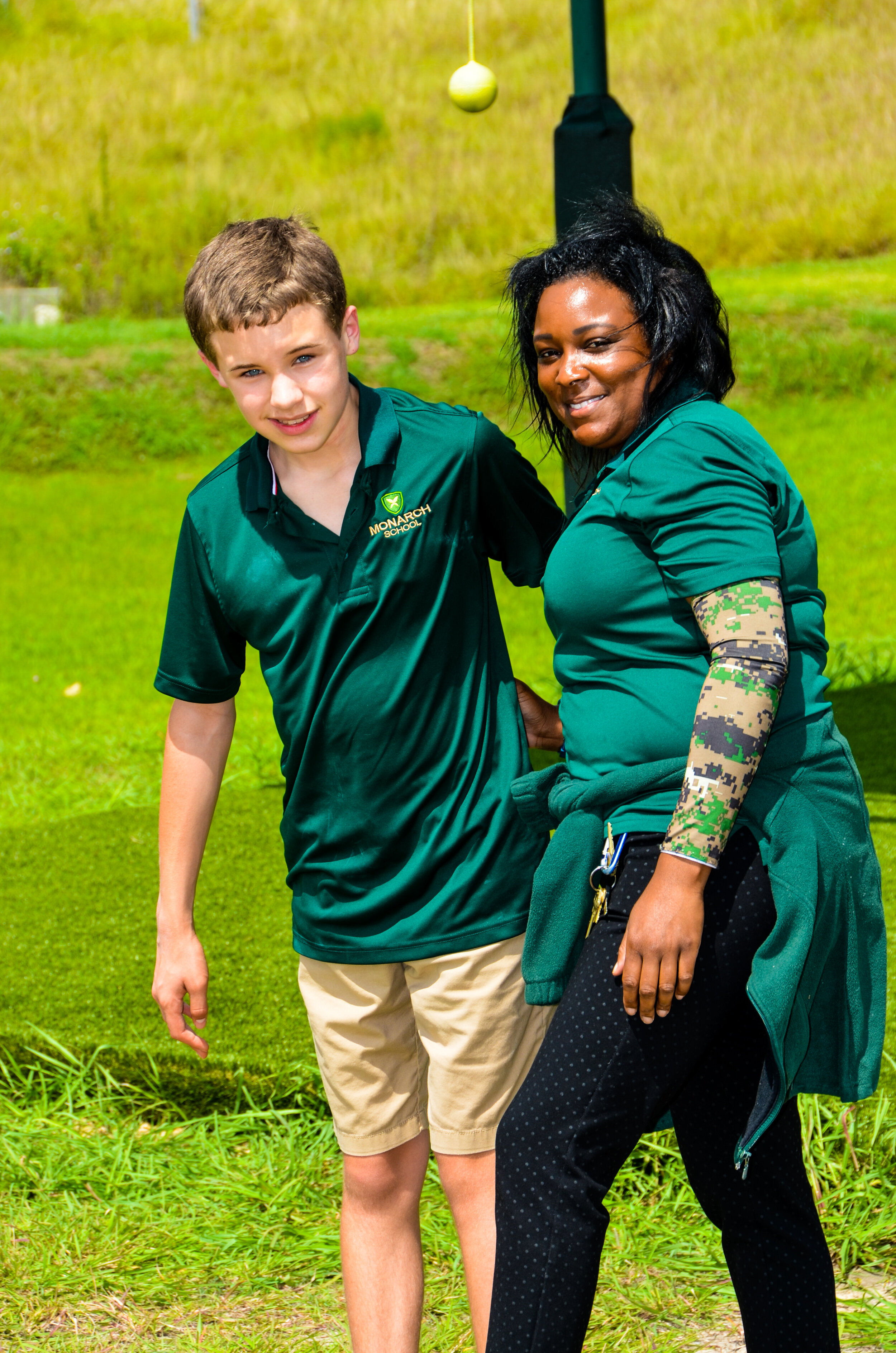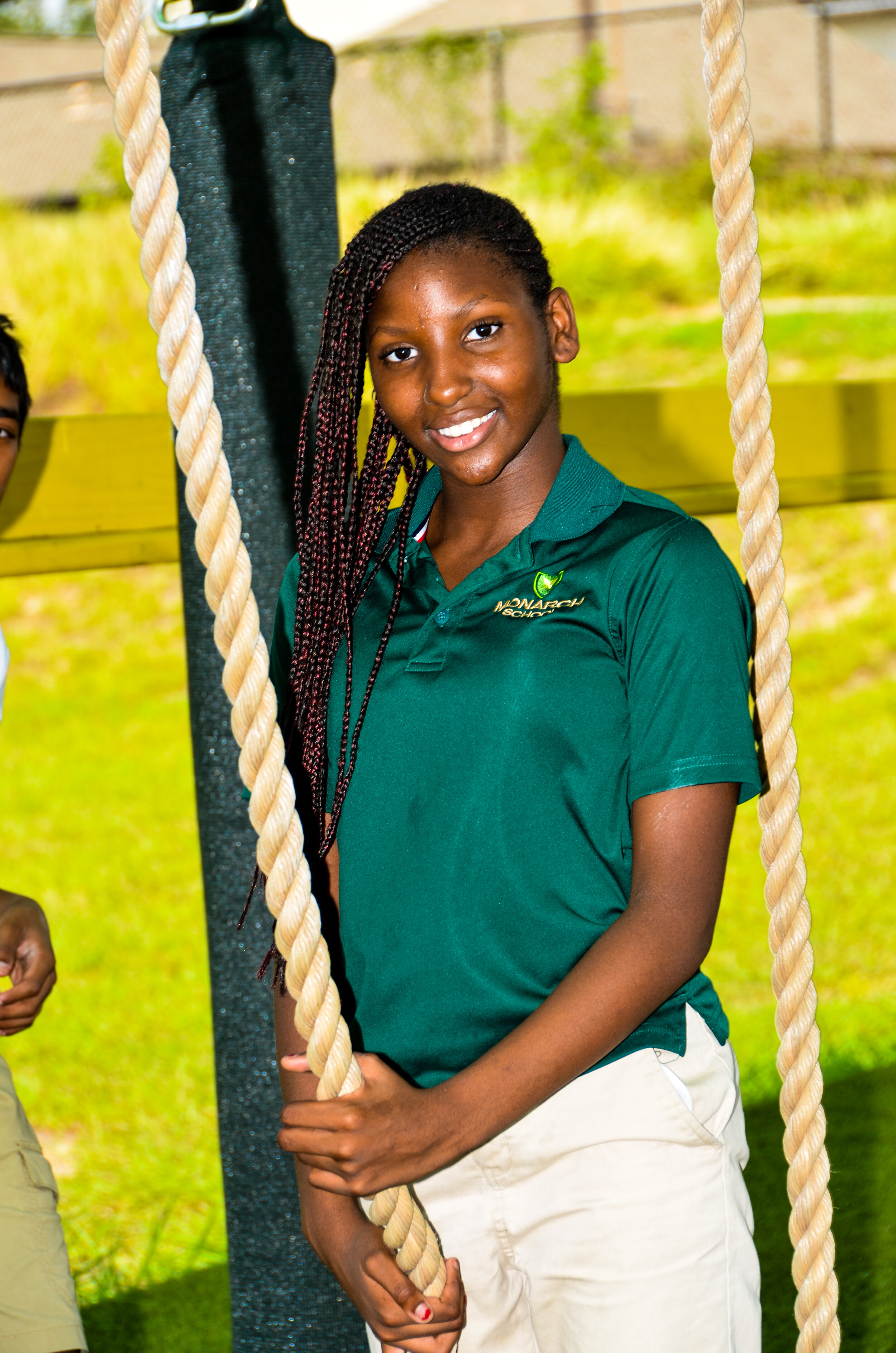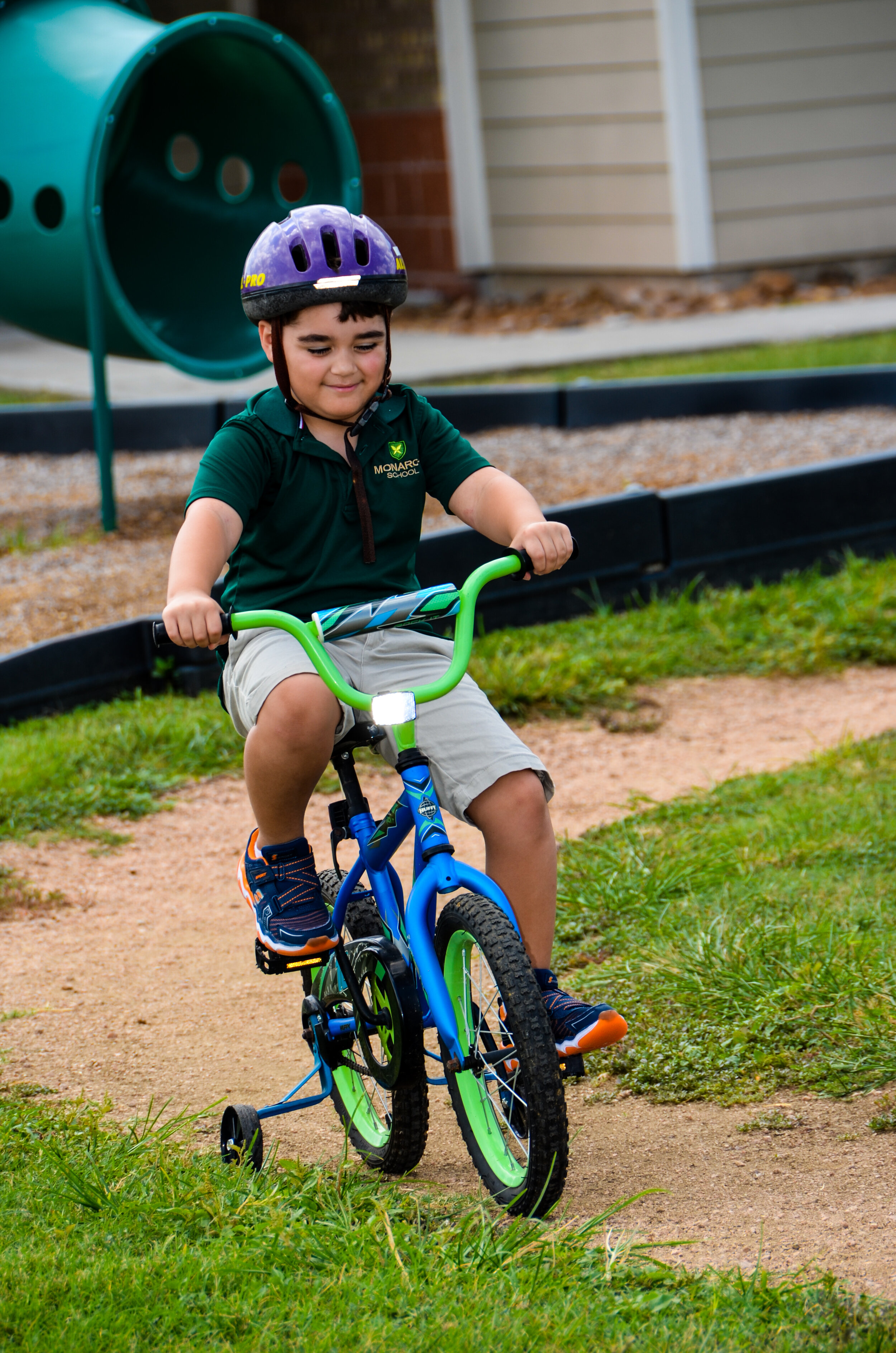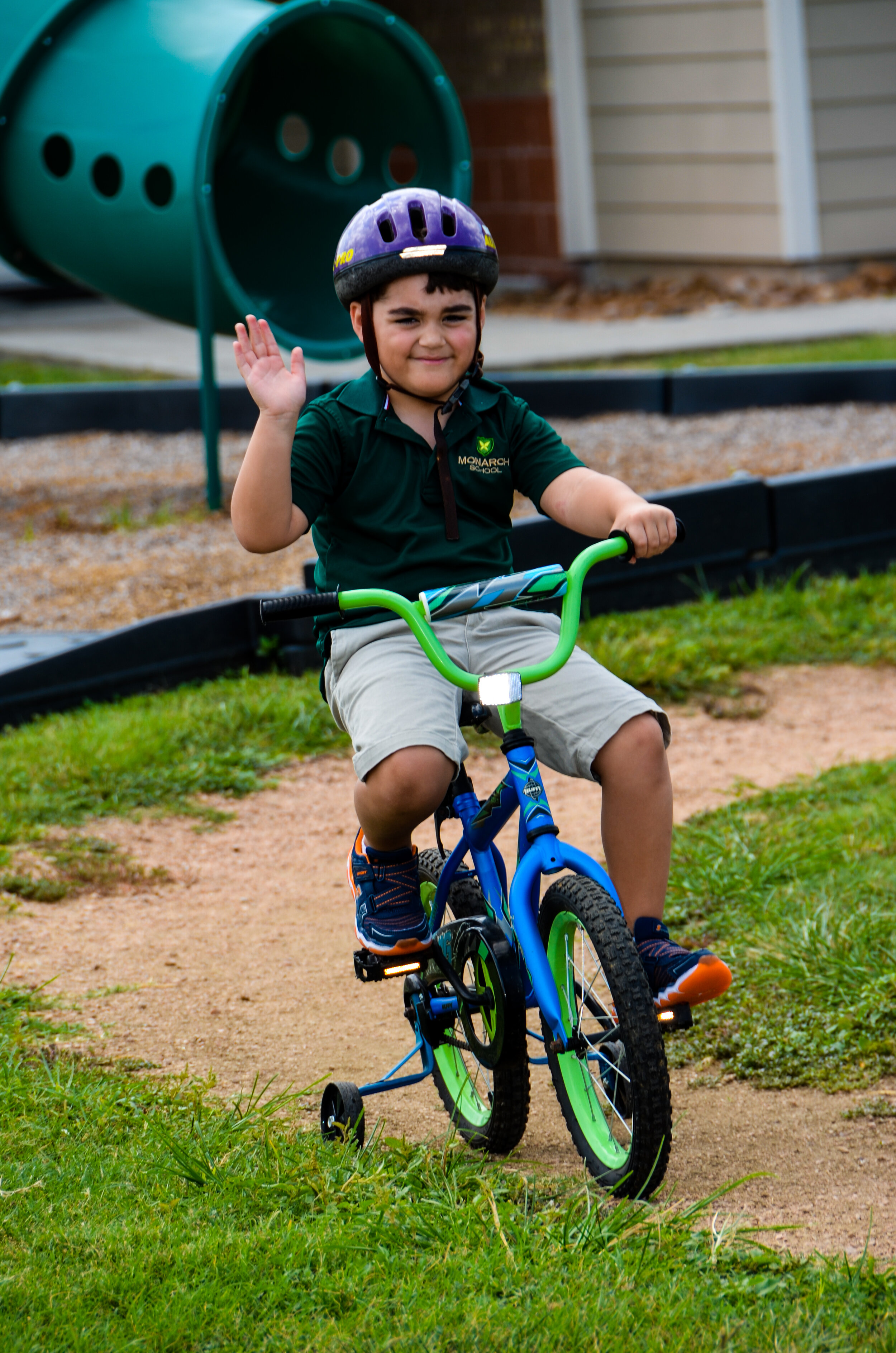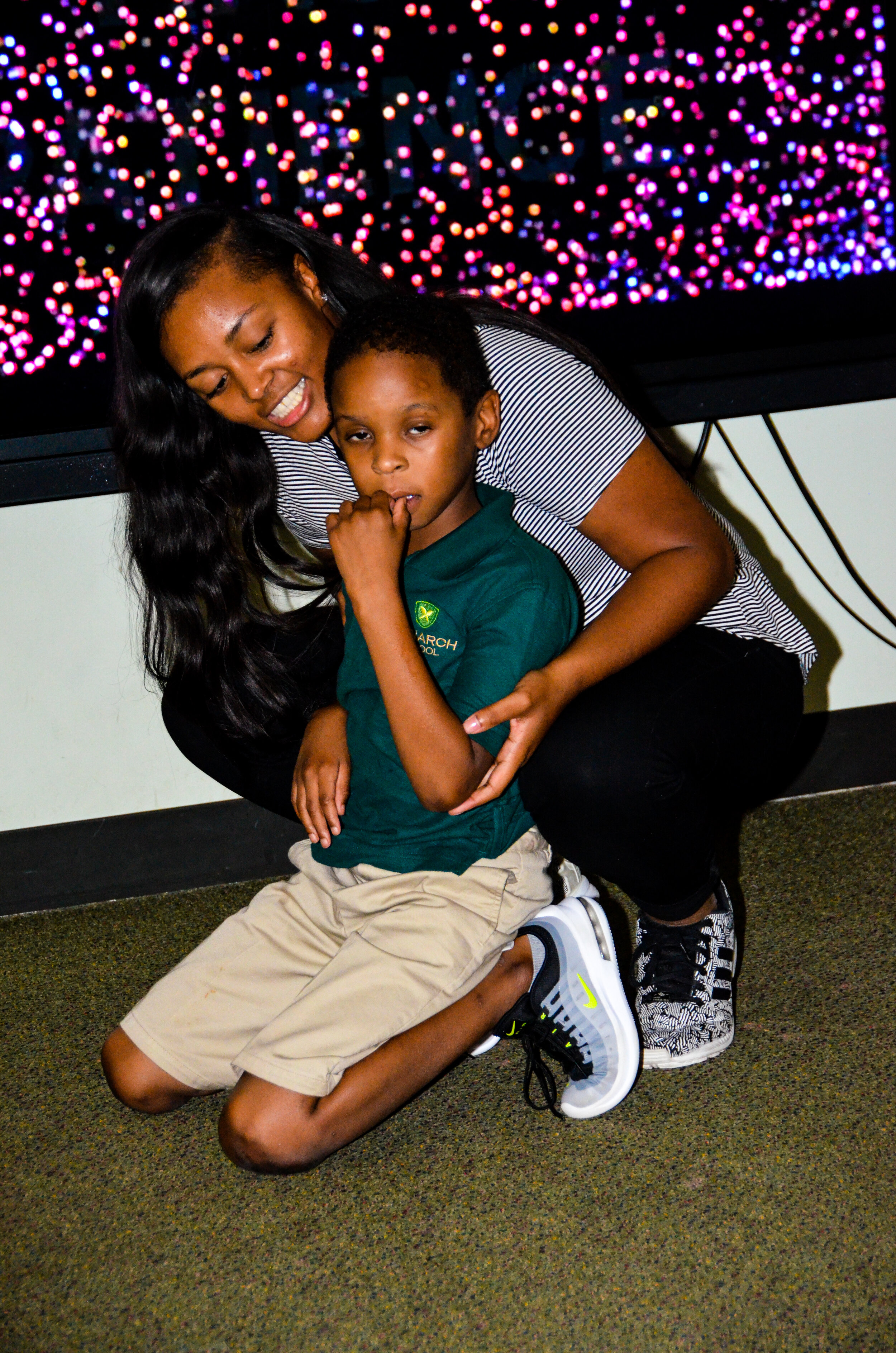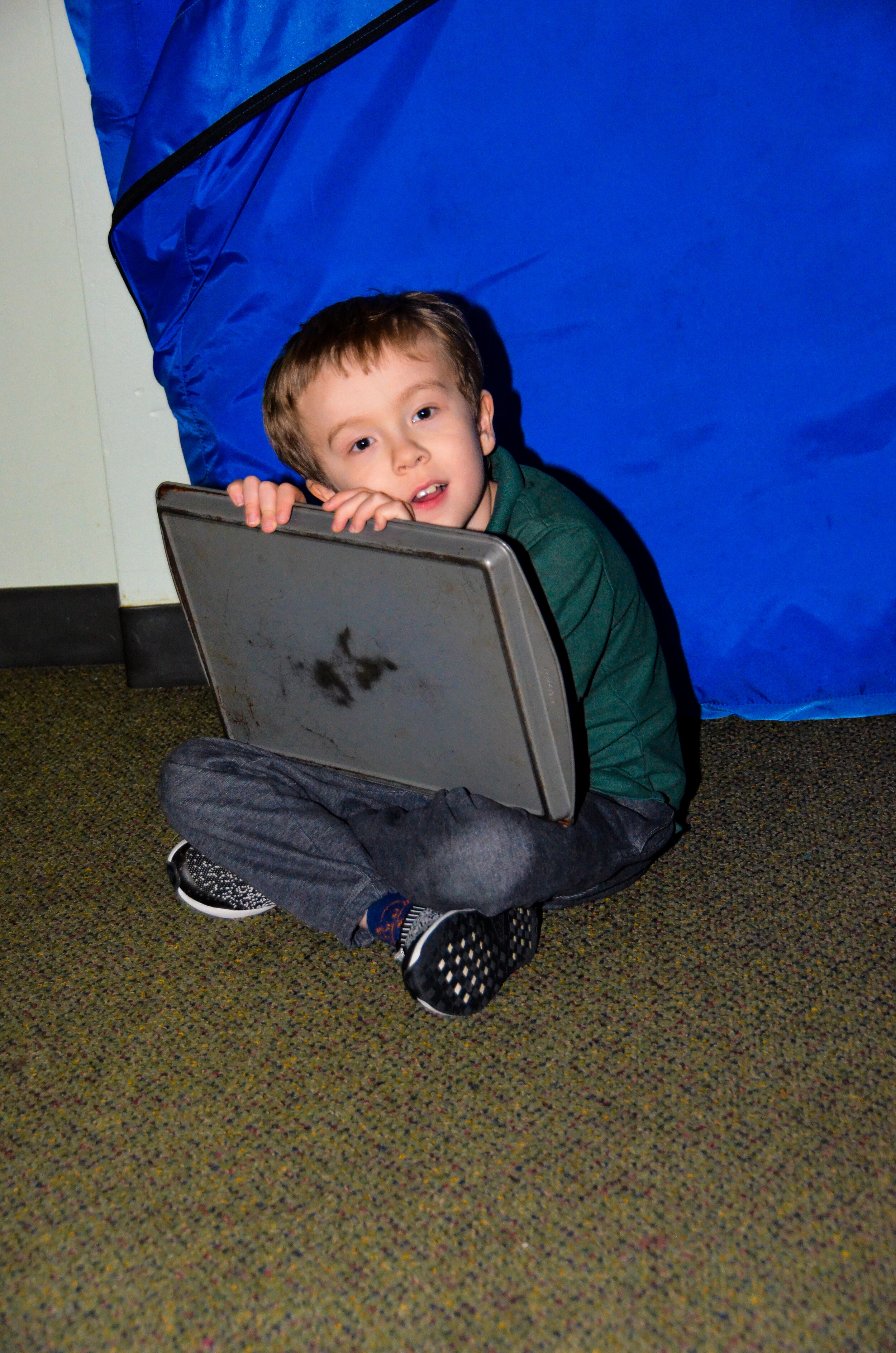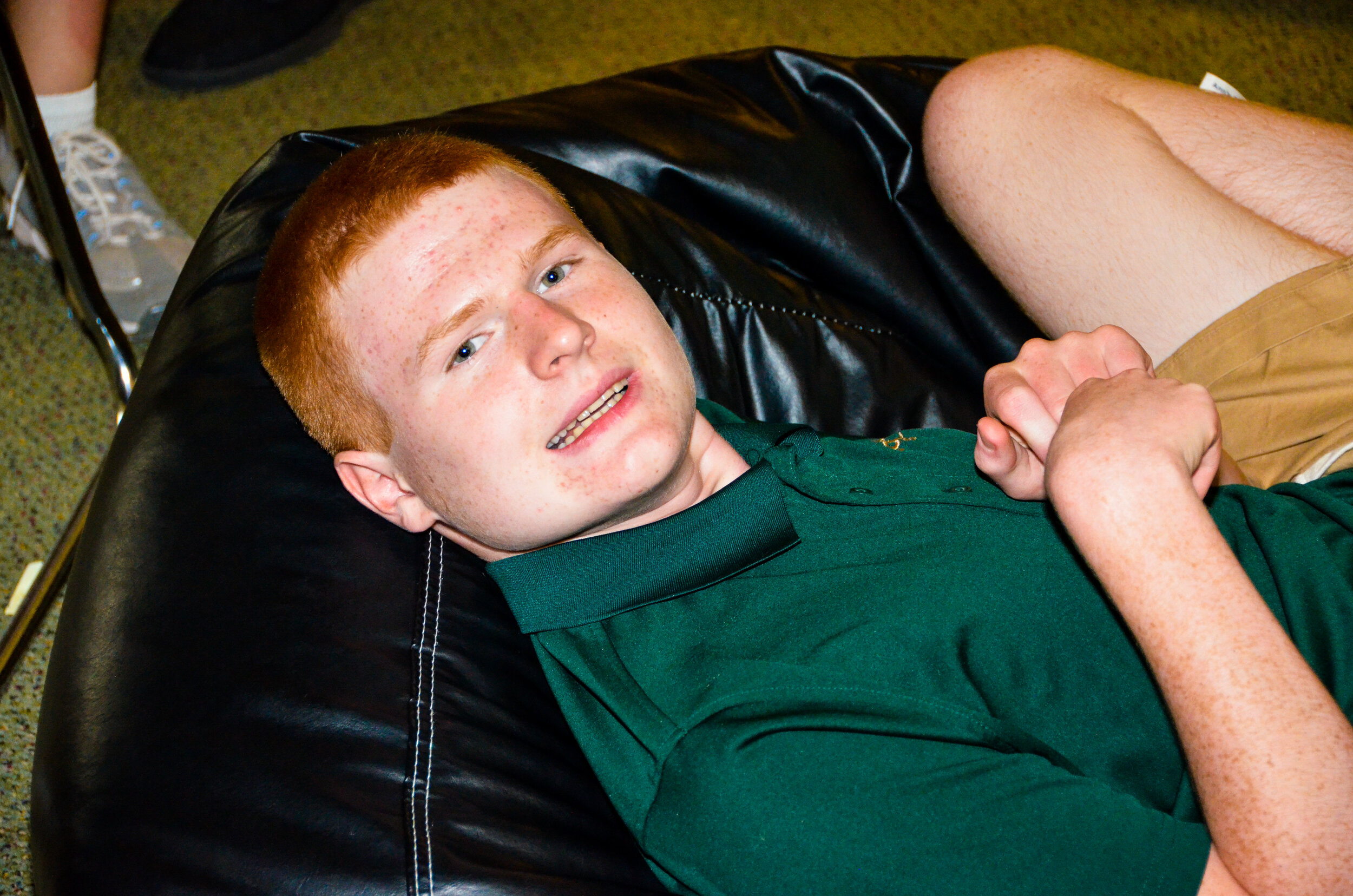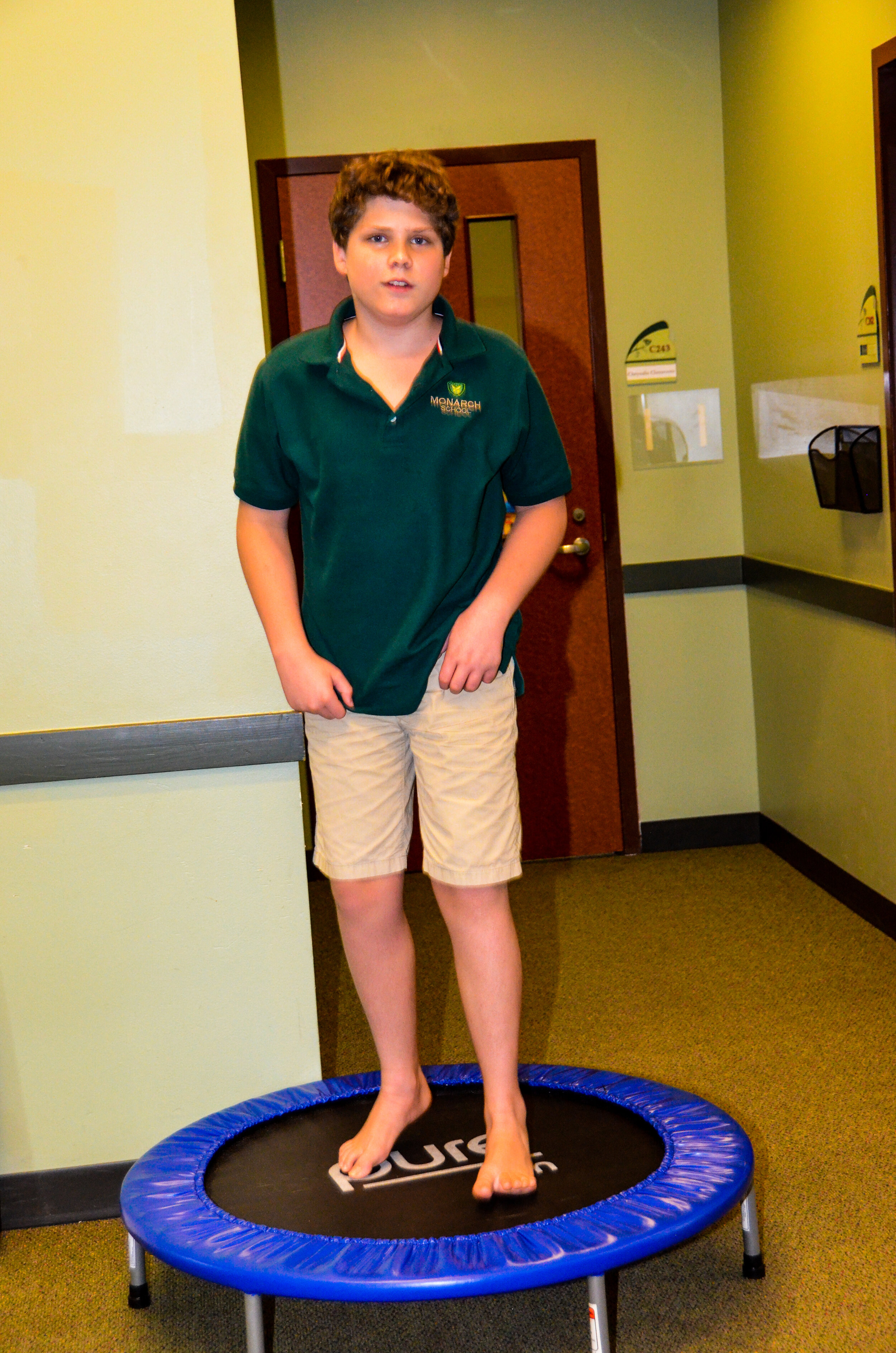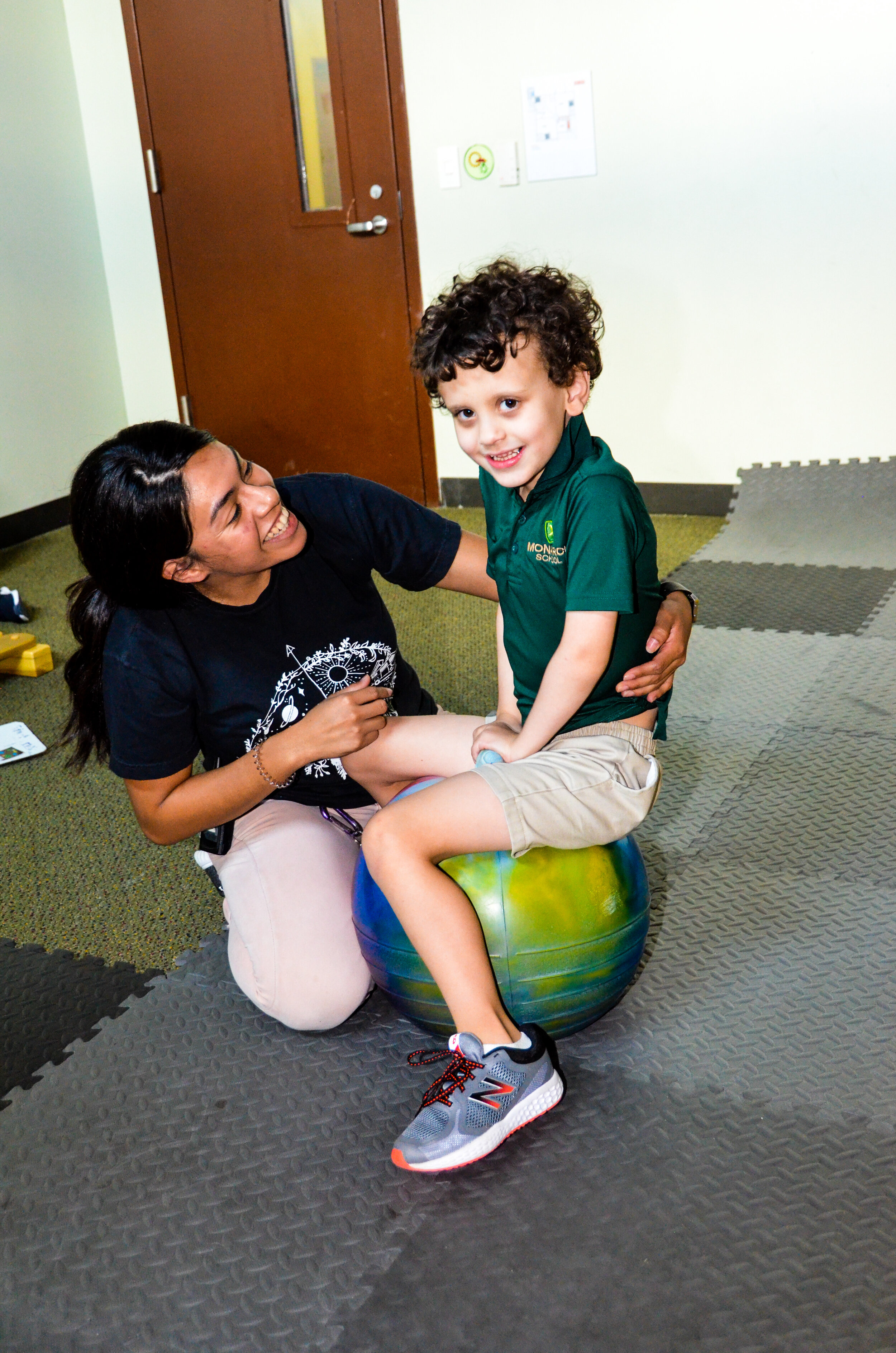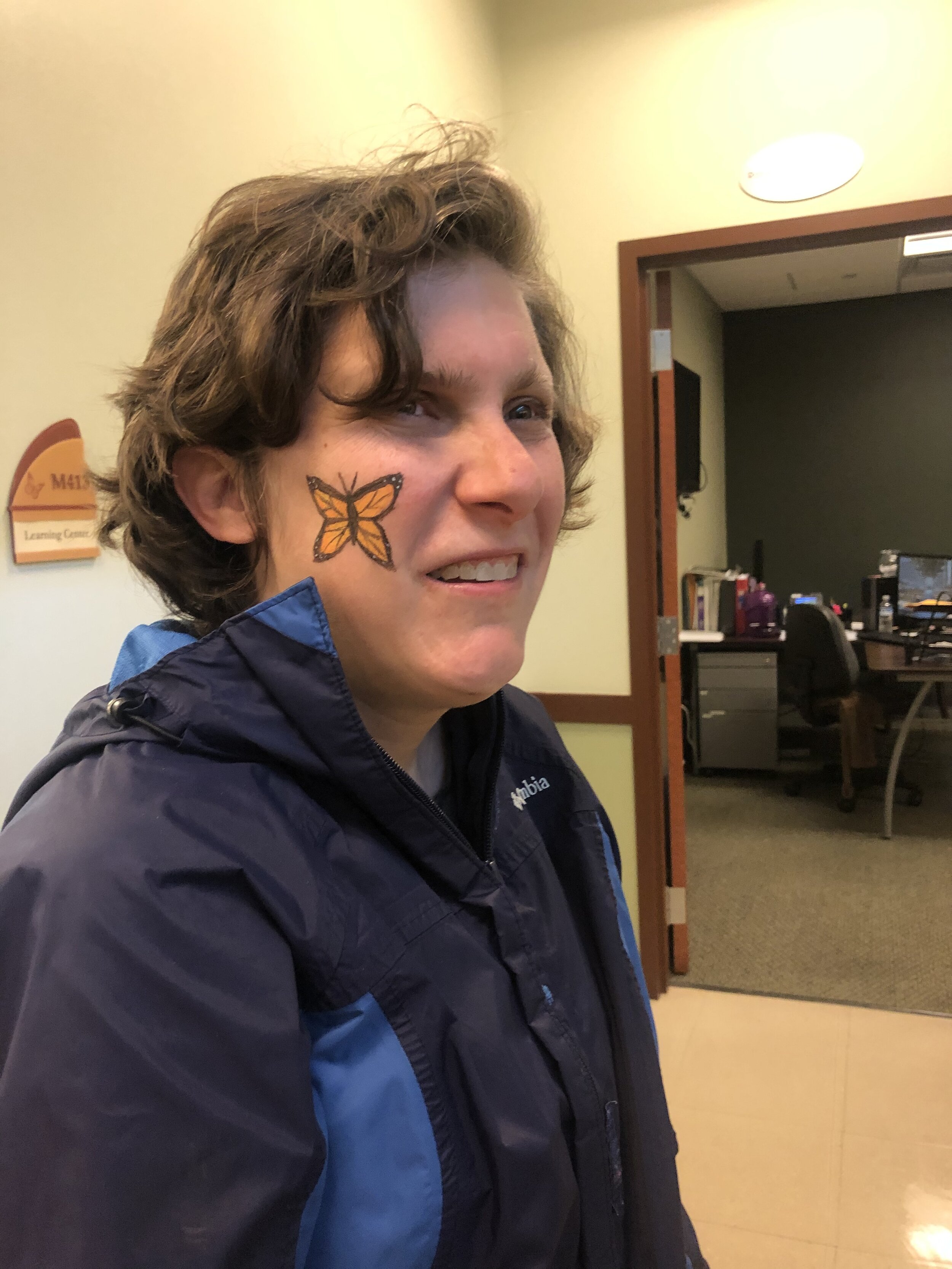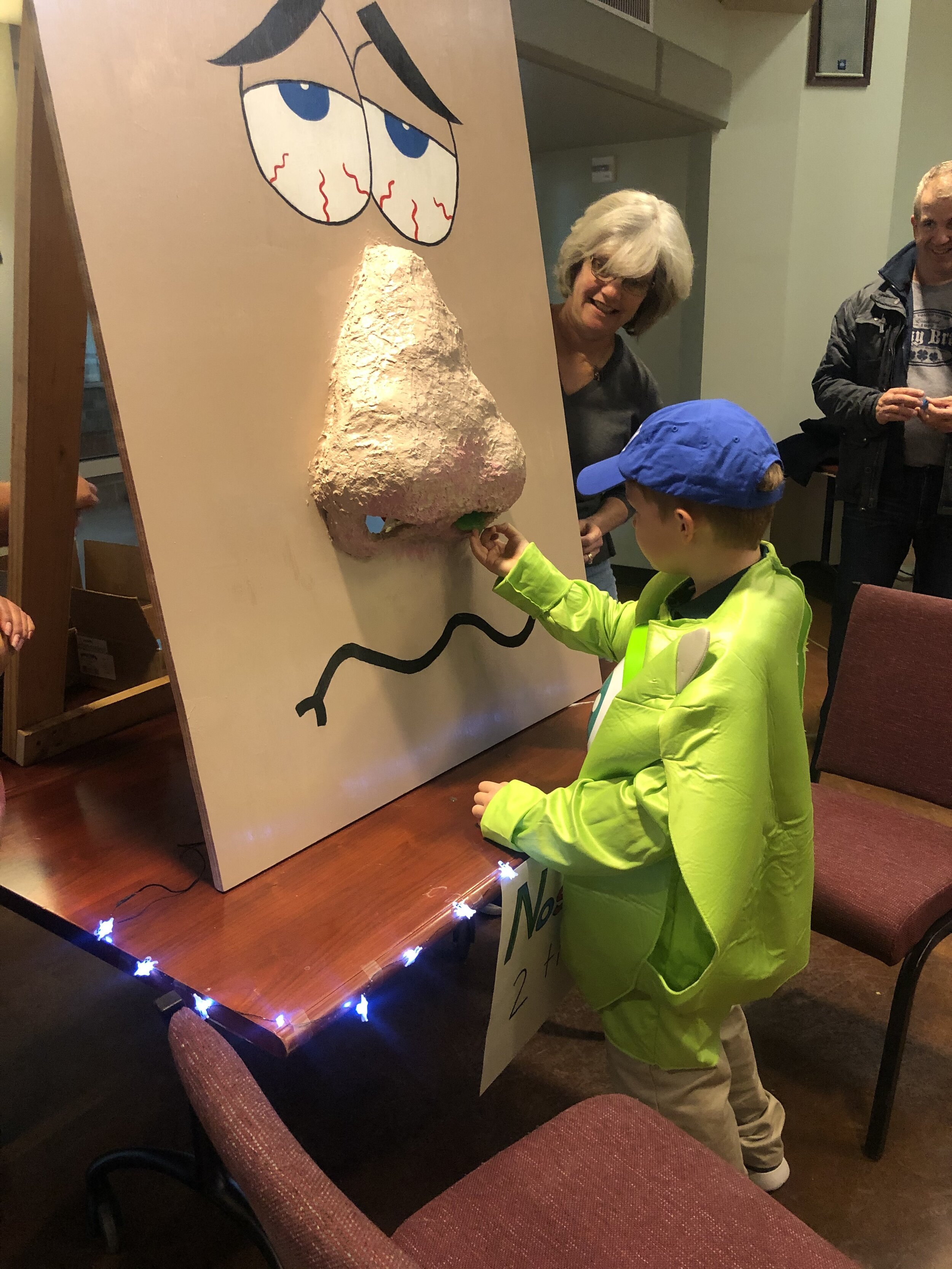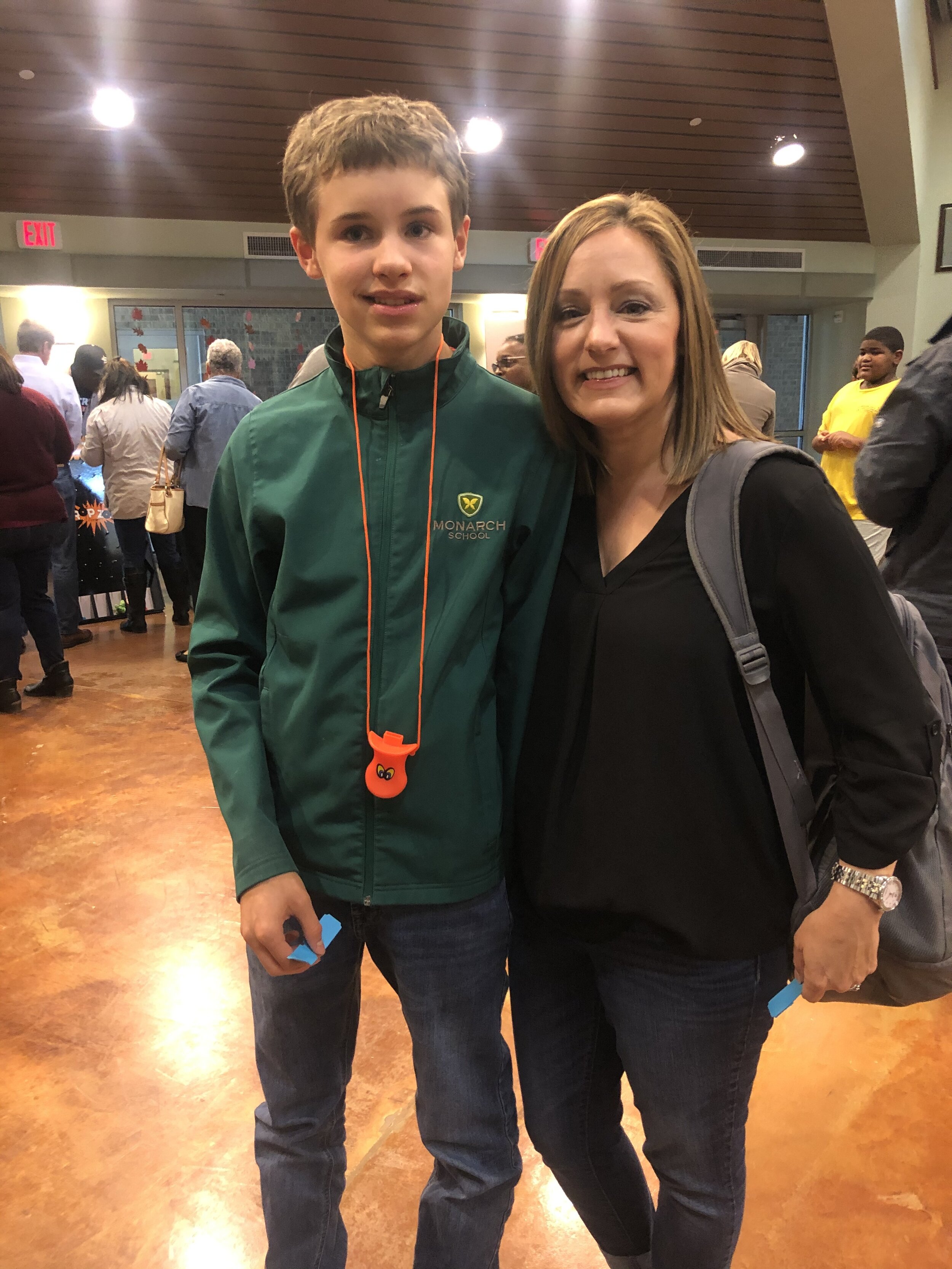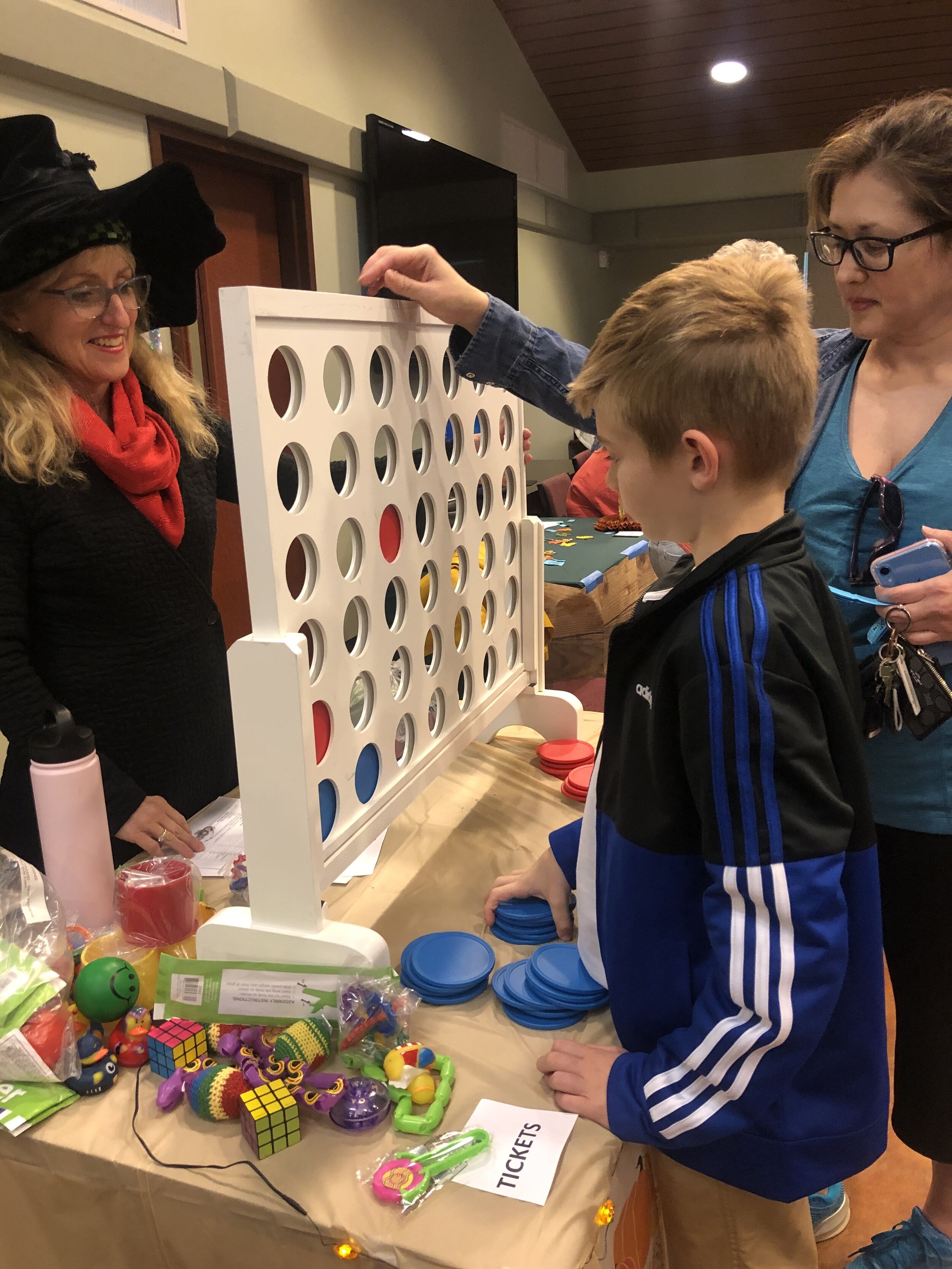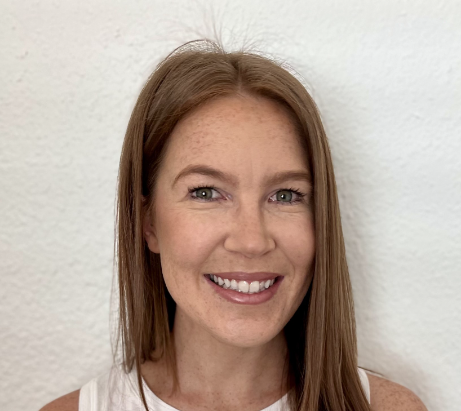In order to provide life-changing opportunities for individuals with neurological differences and our community, The Monarch Institute offers a comprehensive range of services that promote dramatic emotional, social, cognitive and academic development.
Diagnostic Clinic
Providing individualized psychological and educational assessments, as well as treatment, for clients of all ages.
Therapy Services
Providing transformational Speech/Language, Occupational, and Music Therapy and Psychological/Counseling Services.
Diagnostic Clinic
Providing the following assessments and services
Psychological and psychoeducational assessments
Speech/language assessments
Academic assessments
Sensory/motor skills assessments
Program planning and treatment recommendations
Consultative services
Schedule An Assessment
Call: (713) 479 - 0800
Frequently ASked Questions
Your child's preparedness can be very important. Find helpful tips on preparing for an evaluation here.
Our team provides high quality diagnostic, psychological, psychoeducational and speech/language assessments. Our experienced team of clinicians sensitively and collaboratively assesses a broad range of functional domains, including psychopathology/symptom expression (Autism Spectrum Disorder, AD/HD, Tourette Syndrome, OCD, learning disorders, traumatic brain injury and recovery, mood disorders, etc.), intelligence, achievement, adaptive functioning, communication styles and relationship preparedness in children and adults.
Proven Tools
Using a developmental model to guide assessment, the Monarch Diagnostic Clinic offers a broad range of state-of-the-art instruments (cognitive and academic achievement tests, structured interviews and behavioral samples, research-proven inventories and questionnaires, and more) for assessing children and adults with special needs or unusual clinical presentations.
Comprehensive Assessments
Each individual’s pattern of strengths and areas of relative challenge are carefully considered as we make detailed recommendations. We use a targeted combination of direct assessment and information gathering techniques to gain a fully well-rounded perspective on our clients’ functioning. For students and working adults, we include a report section that includes basic, school- or workplace-friendly psychoeducational objectives, providing a framework for implementing support across settings.
Pre-Admissions Testing
Families applying for enrollment at The Monarch School often opt to use our Diagnostic Clinic to conduct pre-admissions testing, which provides our faculty with important information about cognitive and academic functioning within a developmental and relational framework. Many schools require a recent assessment prior to admission to help guide their decision-making about whether a child is a good match for their programs. We also provide pre-admissions testing for other schools, colleges, and advanced training programs, and can provide documentation for those applying for accommodations or special services. Our clinicians carefully tailor these assessments to match the requirements of the potential educational setting, and can provide initial suggestions for programming based on the snapshot of functioning gathered during testing.

Therapy SErvices
Each child processes information differently, and it is important for us to understand each child’s processing profile to support learning and emotional development. Therefore, our approach focuses on learning each child’s strengths and challenges so that we can support the child’s development in the Monarch’s Four Core Goals™: Self-awareness/Self-regulation, Relationship Development, Executive Functioning and Academic and Professional Competence. We do this by building emotional connections with the child through interactions that include the exchange of emotions. Emotions mobilize us and lead the way to all learning. Studies have shown that the mind and the brain grow most rapidly as an outgrowth of these types of interactions.
Speech/Language Therapy
Speech/Language Therapy helps individuals to improve receptive and expressive language processing, articulation skills, and speech fluency. It also helps individuals develop functional communication skills using a variety of augmentative communication techniques.
Monarch Therapy services provides speech/language and communication intervention to individuals of all ages with various types of speech/language and communication disorders. Therapy plans are developed based on the individual’s interests to make learning and therapeutic interactions meaningful.
Occupational Therapy
Occupational Therapy helps children gain independence through the development of fine motor skills, sensory motor skills, and visual motor skills that are necessary to function and socialize in their daily environments.
Intervention is play-based, incorporating activities such as suspended equipment and games to target the desired skills and to encourage a positive learning experience.
Psychological/counseling services
Individual and family therapy helps children, adolescents, young adults, and parents improve their functioning across a wide range of emotional and behavioral domains.
These services are typically described as “talk therapy.” Sessions can involve the child/adolescent, young adult, or family, and language with experiential activities will be used to help the client identify and change emotions, thoughts, and behavior.
Music Therapy
Music Therapy is the clinical and evidence-based use of music interventions to accomplish individualized goals within a therapeutic relationship by a credentialed professional who has completed an approved music therapy program (AMTA, 2005). Music Therapy services support Monarch’s Four Core Goals by providing activities that are motivating and success-oriented and that present concrete, multi-sensory stimulation in a systematic way that is capable of addressing multiple goal areas simultaneously, regardless of age or musical ability.
Music Therapy calls a person to identify and express emotional states in new and challenging ways that promote self- regulation, reflection, and creativity. The therapeutic relationship and inherent structure of music provide a safe and predictable, yet flexible, context for students to take risks and perspectives they may not feel confident attempting in other environments. This creates opportunities for learners to take greater ownership of their skills and achievements. Participation in music therapy sessions includes playing instruments, singing, listening, improvising, and composition, each of which are adapted to support objectives in communication and positive social awareness and behaviors. Additionally, music-making and appreciation is a lifelong leisure skill that may transfer to other real-world contexts. Music Therapy activities are continuously adapted to individual needs to promote executive functioning skills such as reflection, creative problem solving, strategizing, and task commitment.
Clinical Services Faculty


